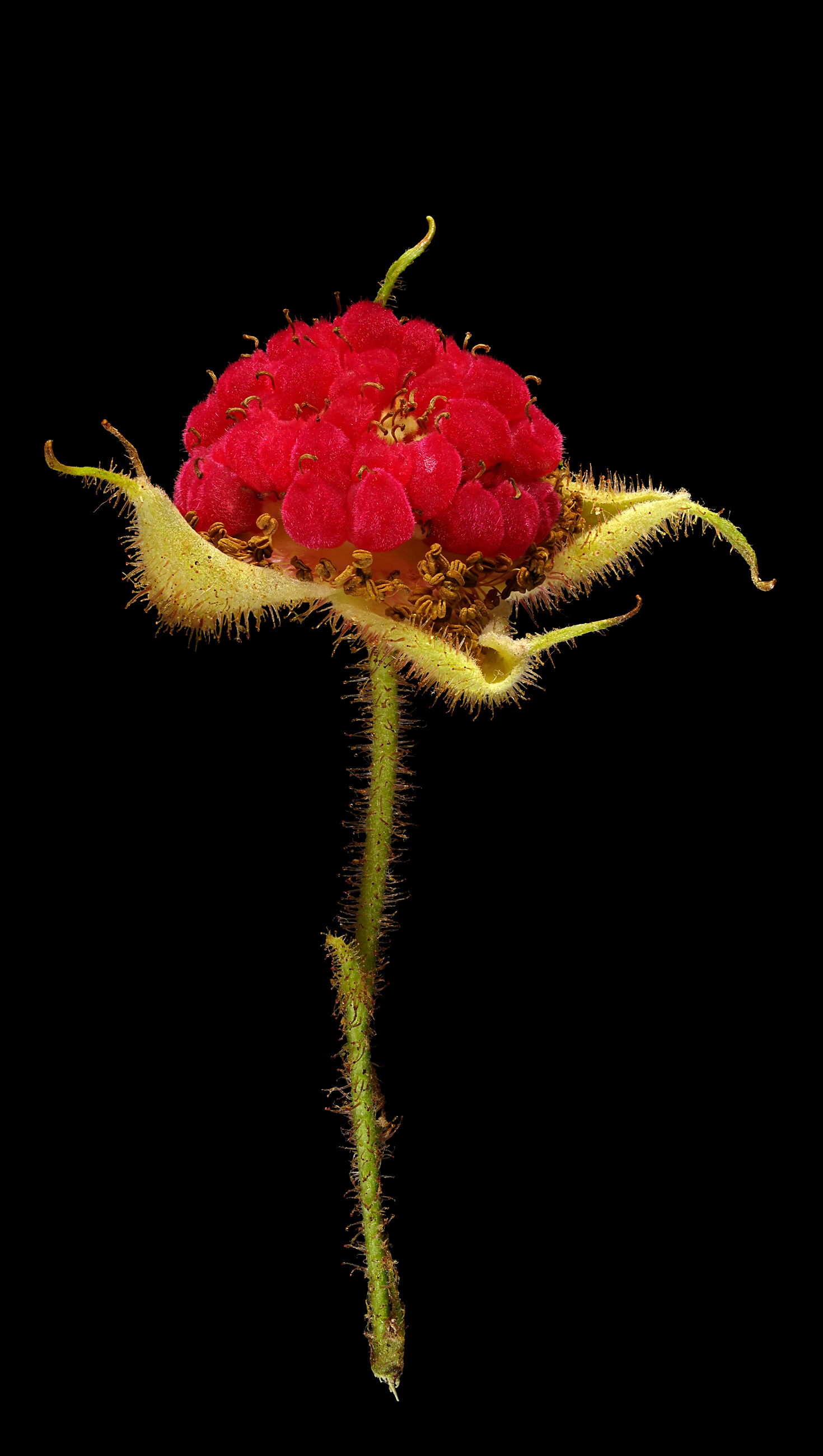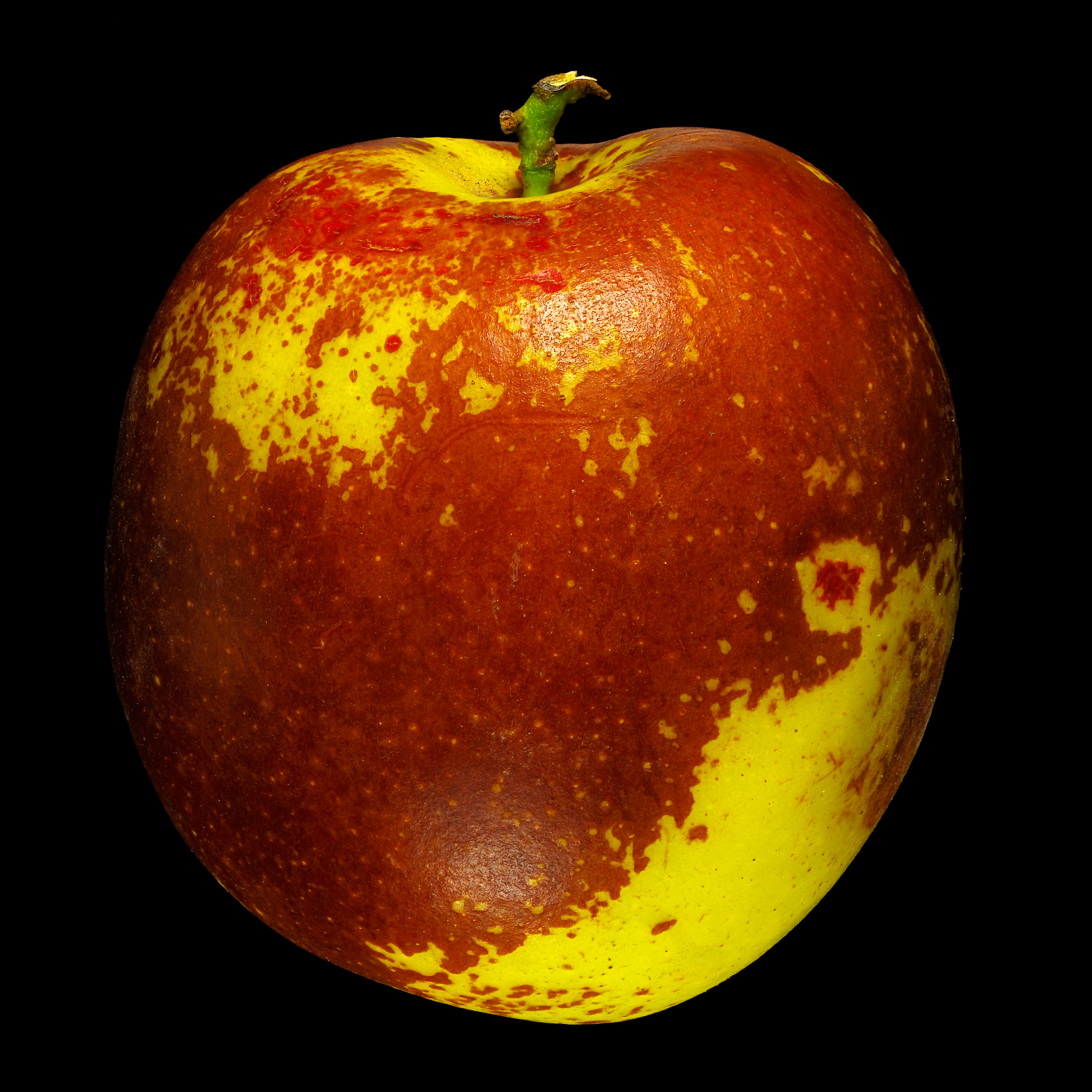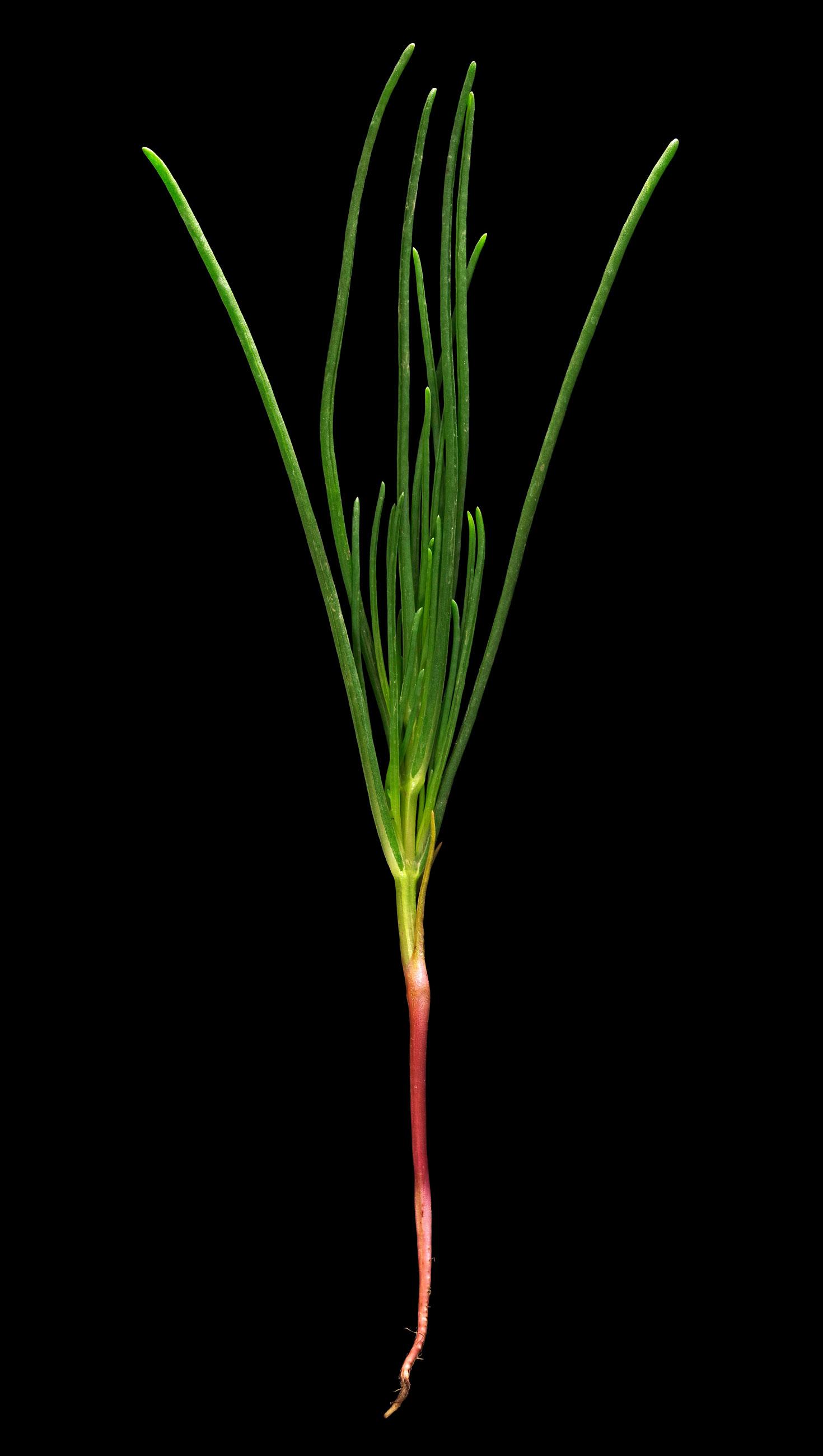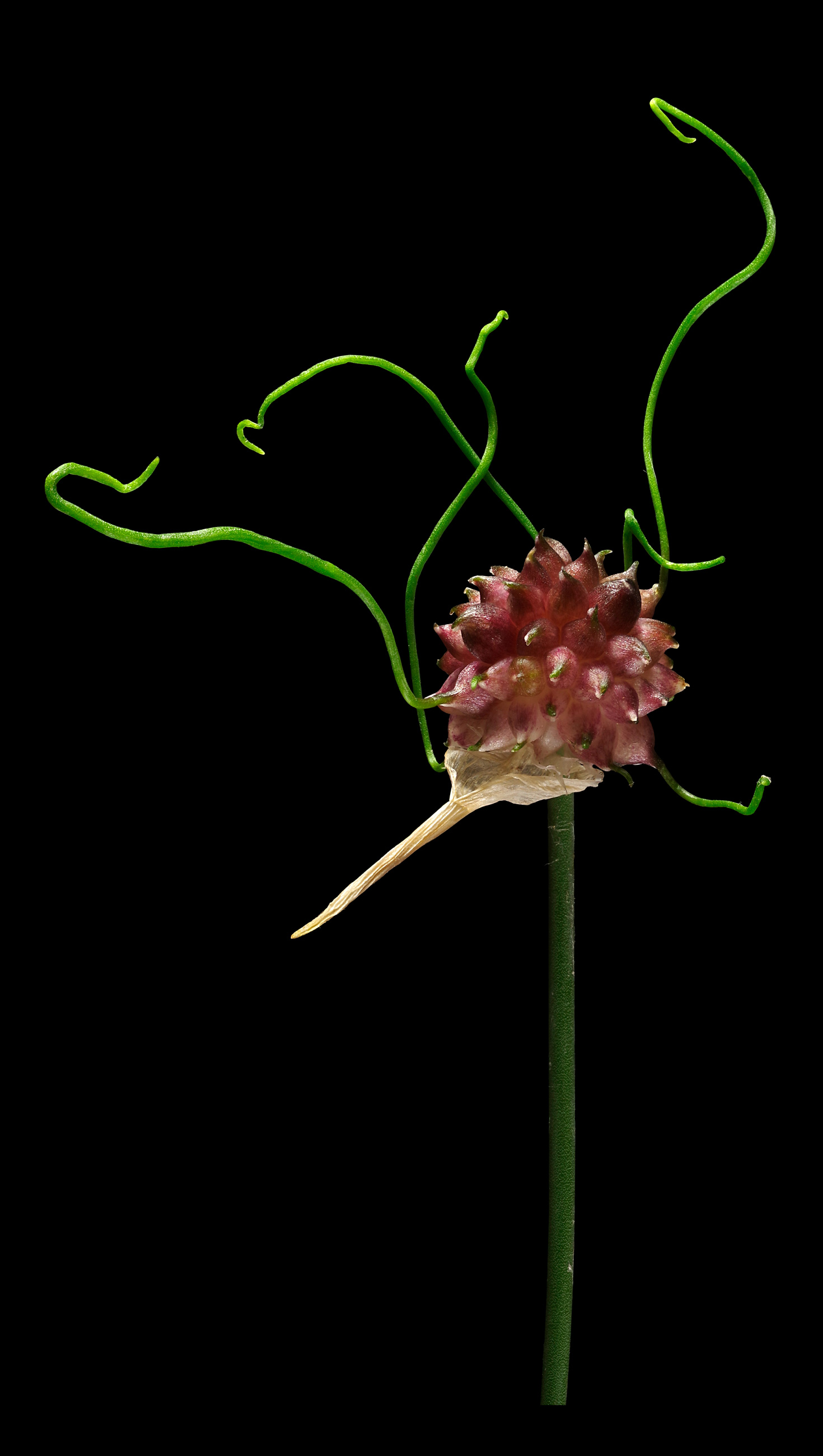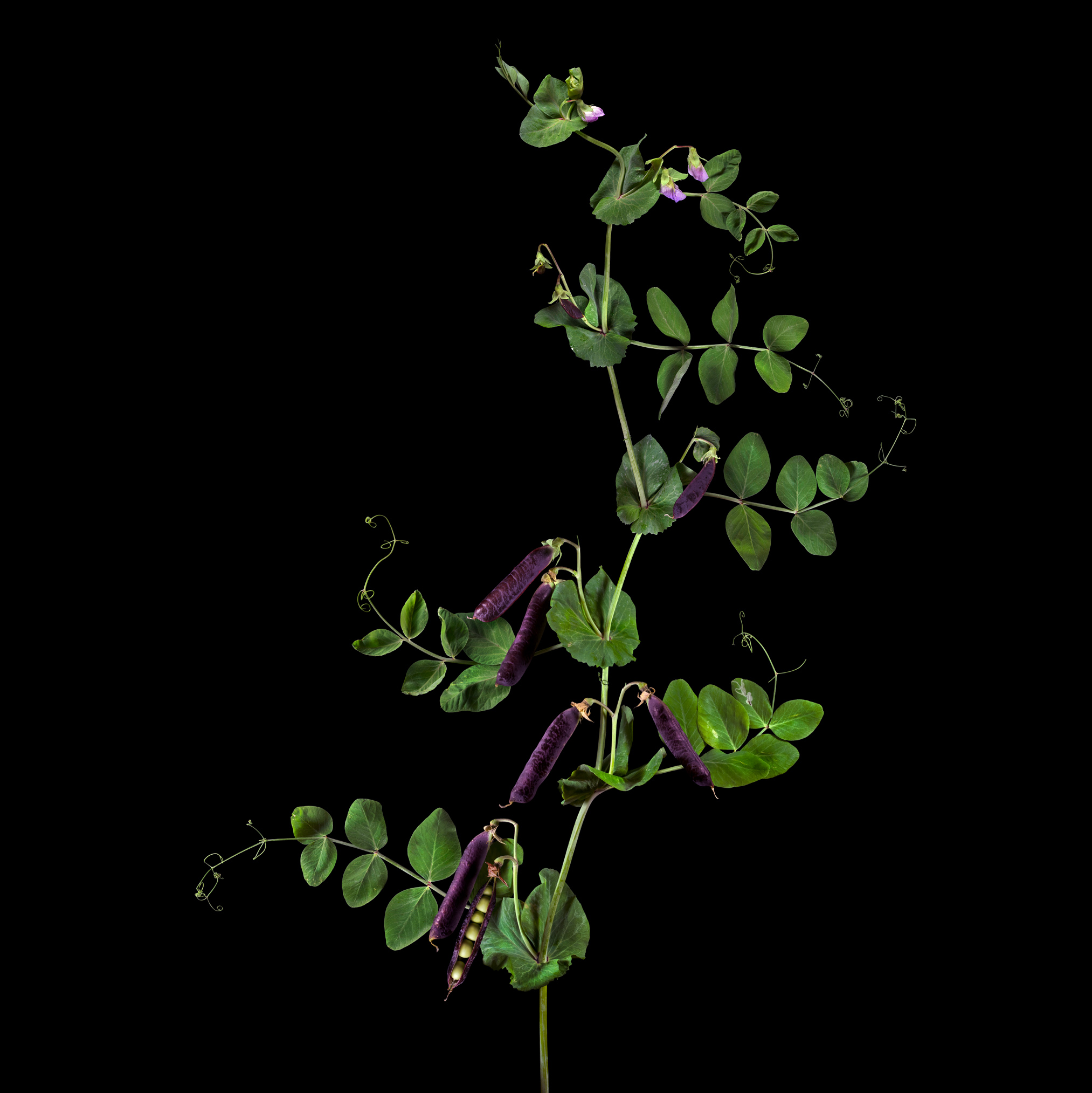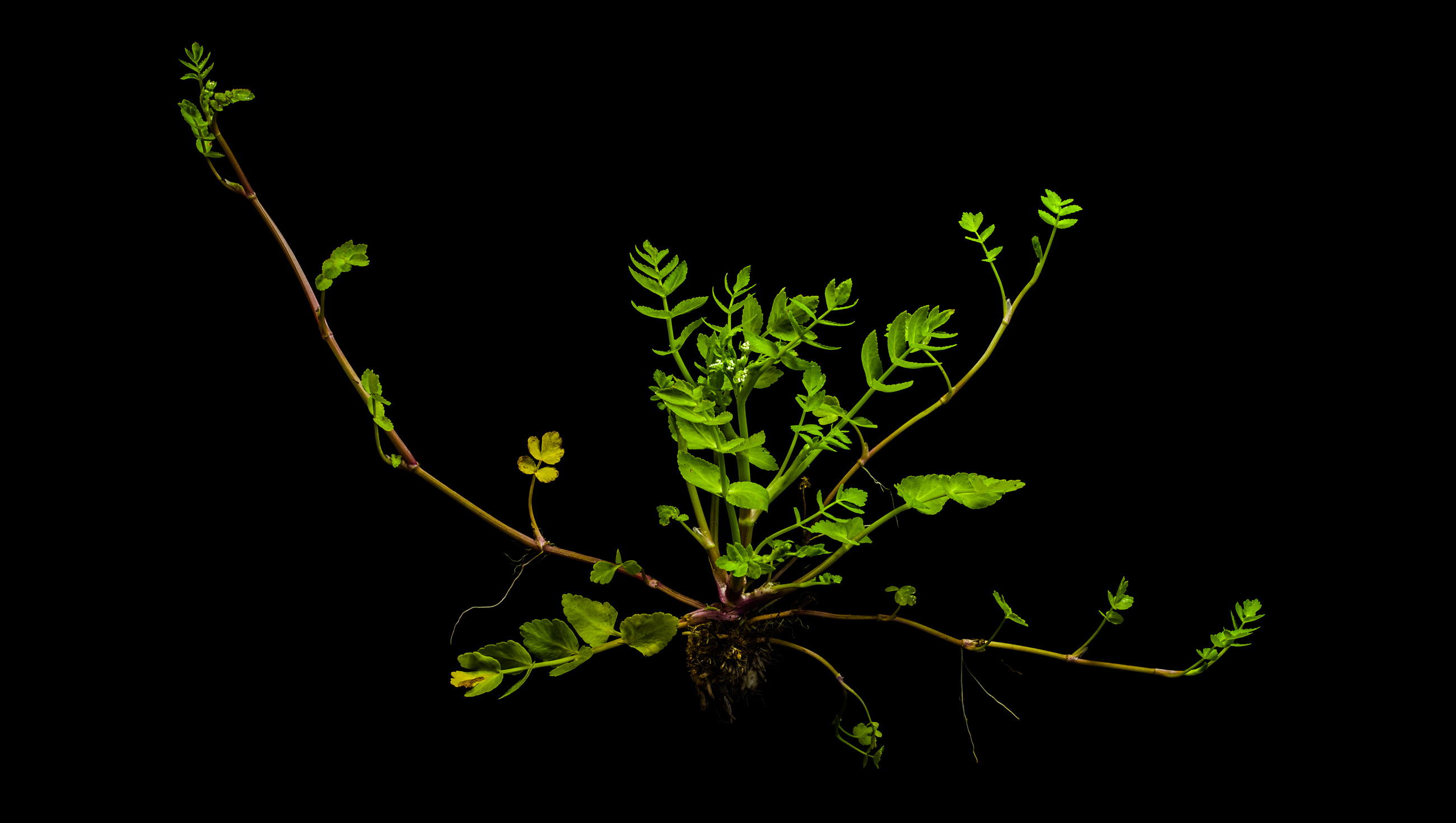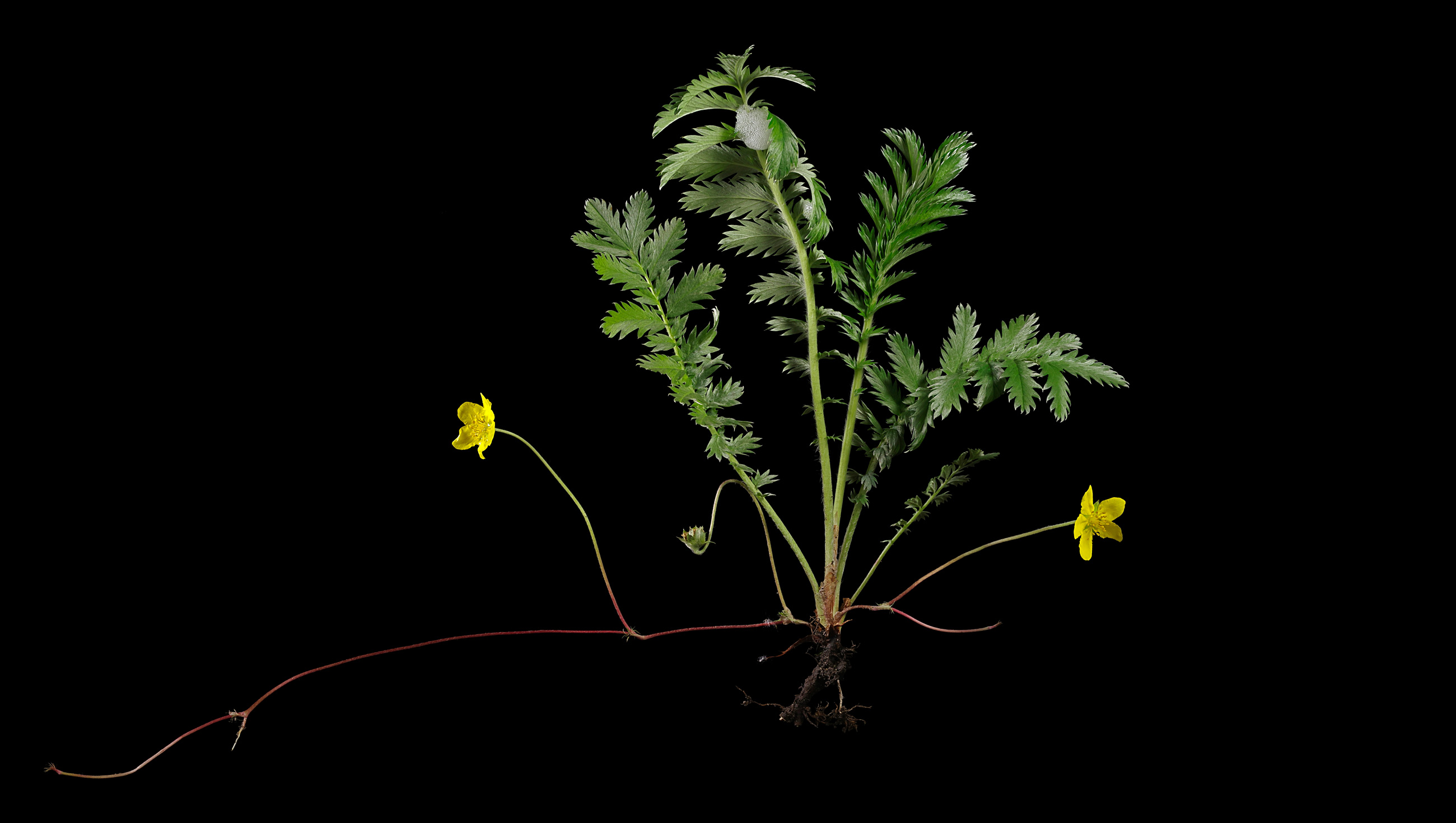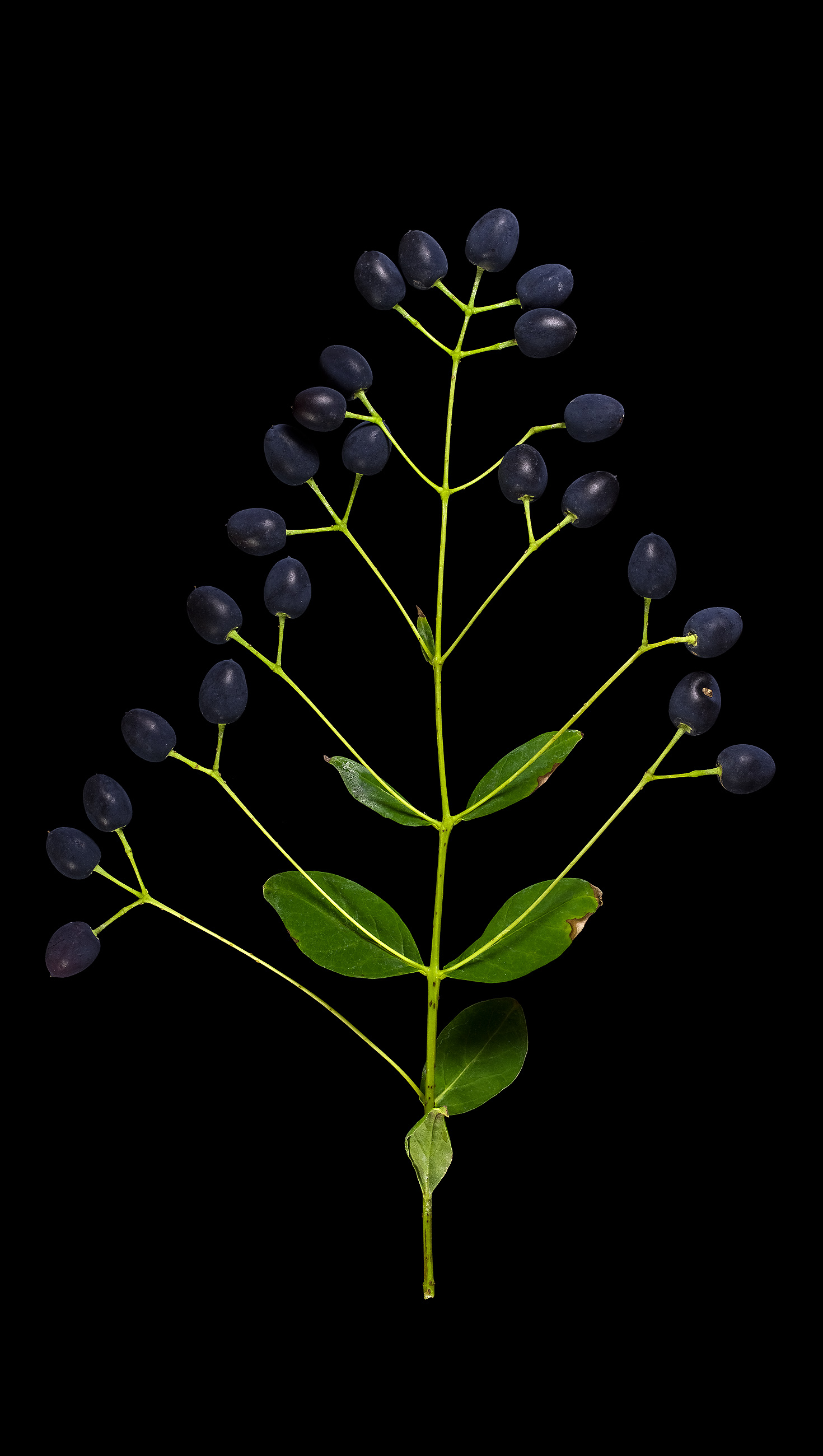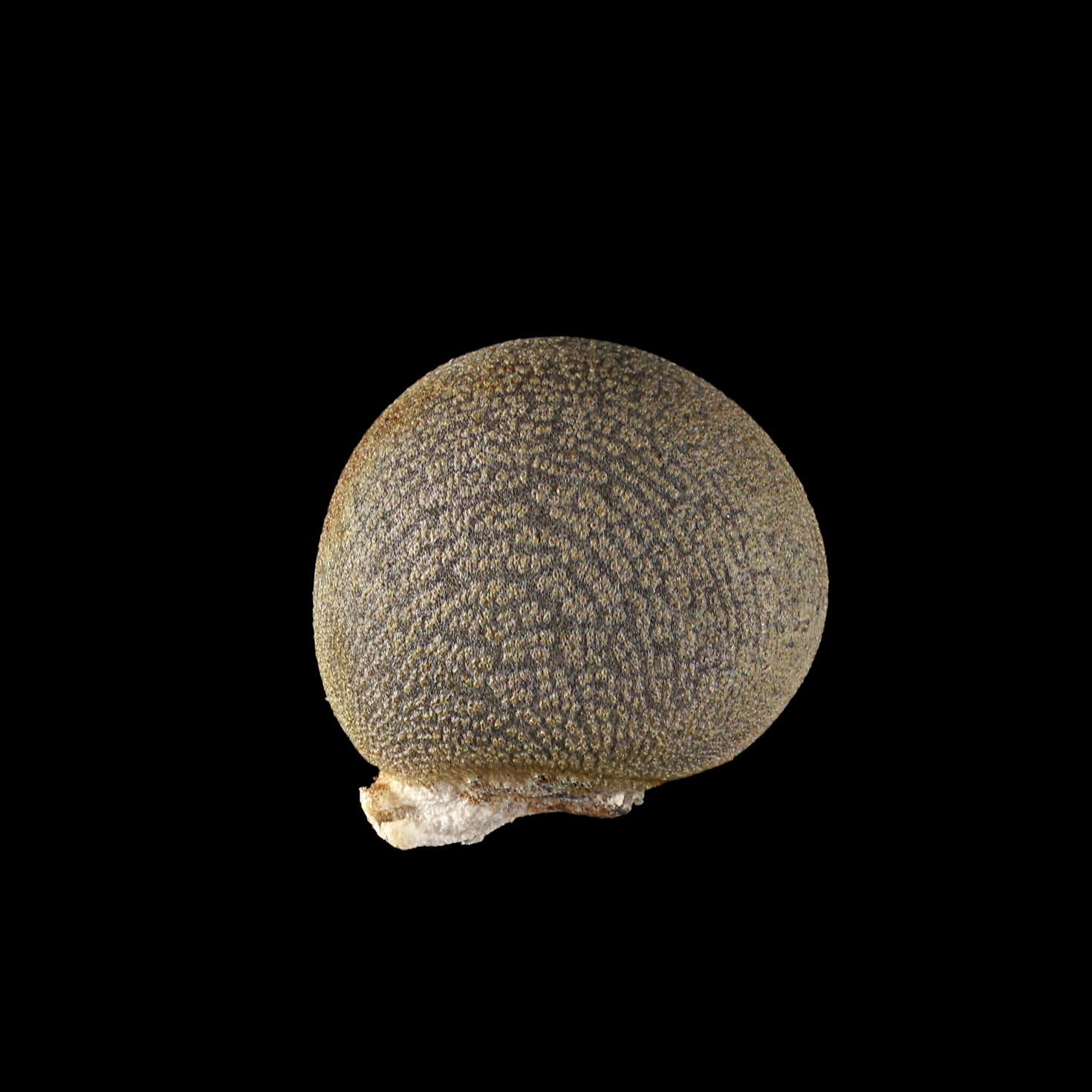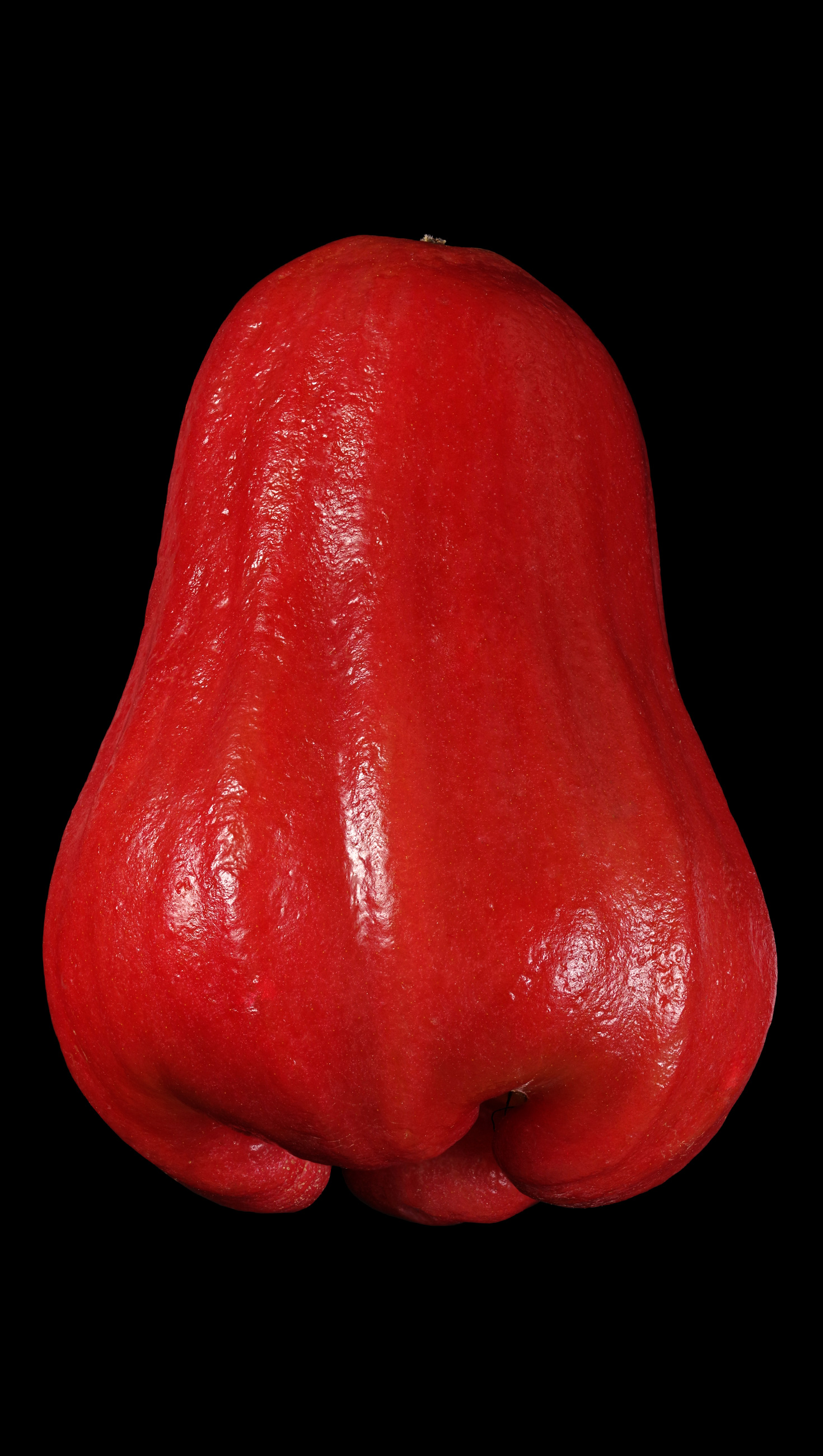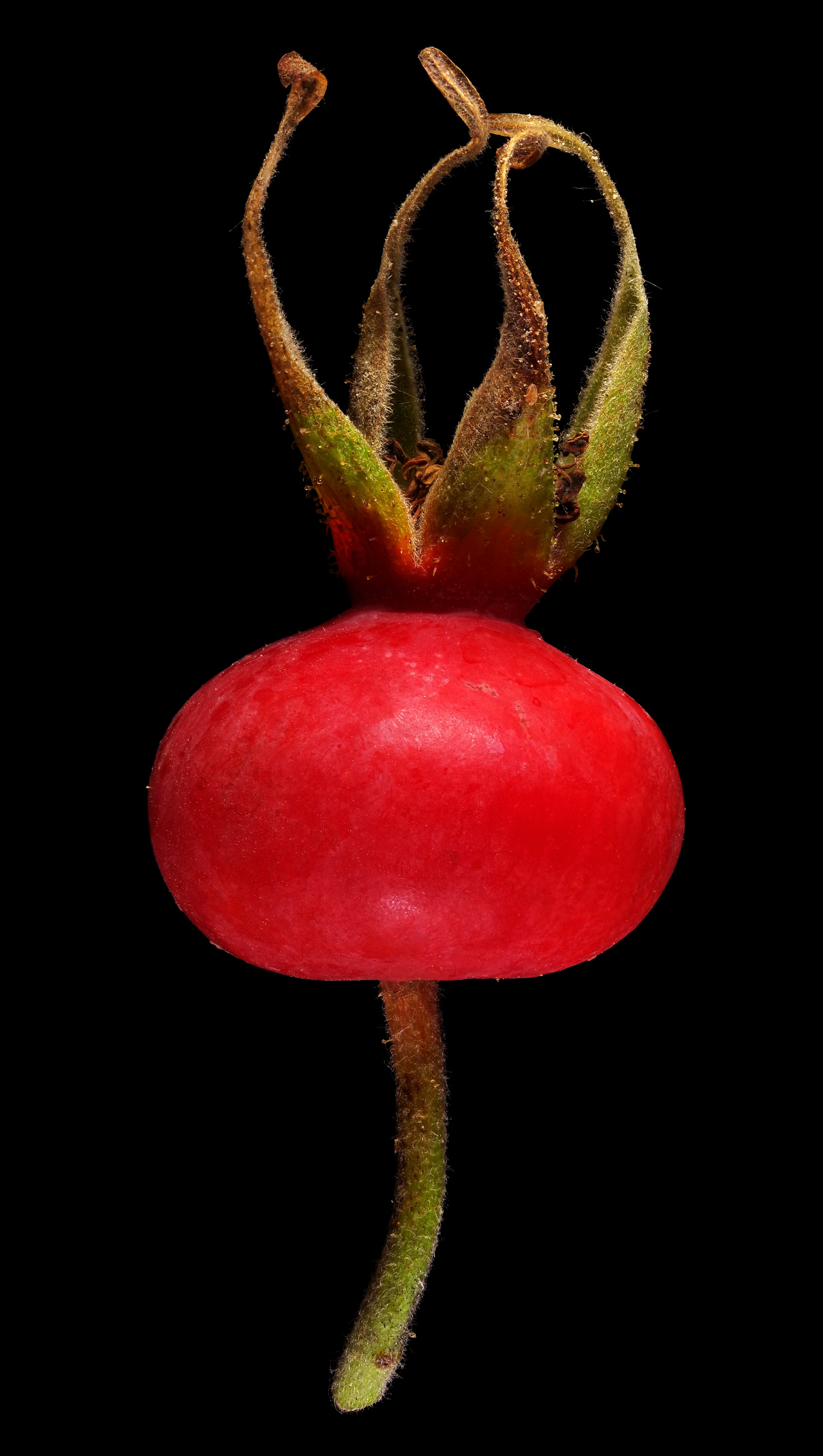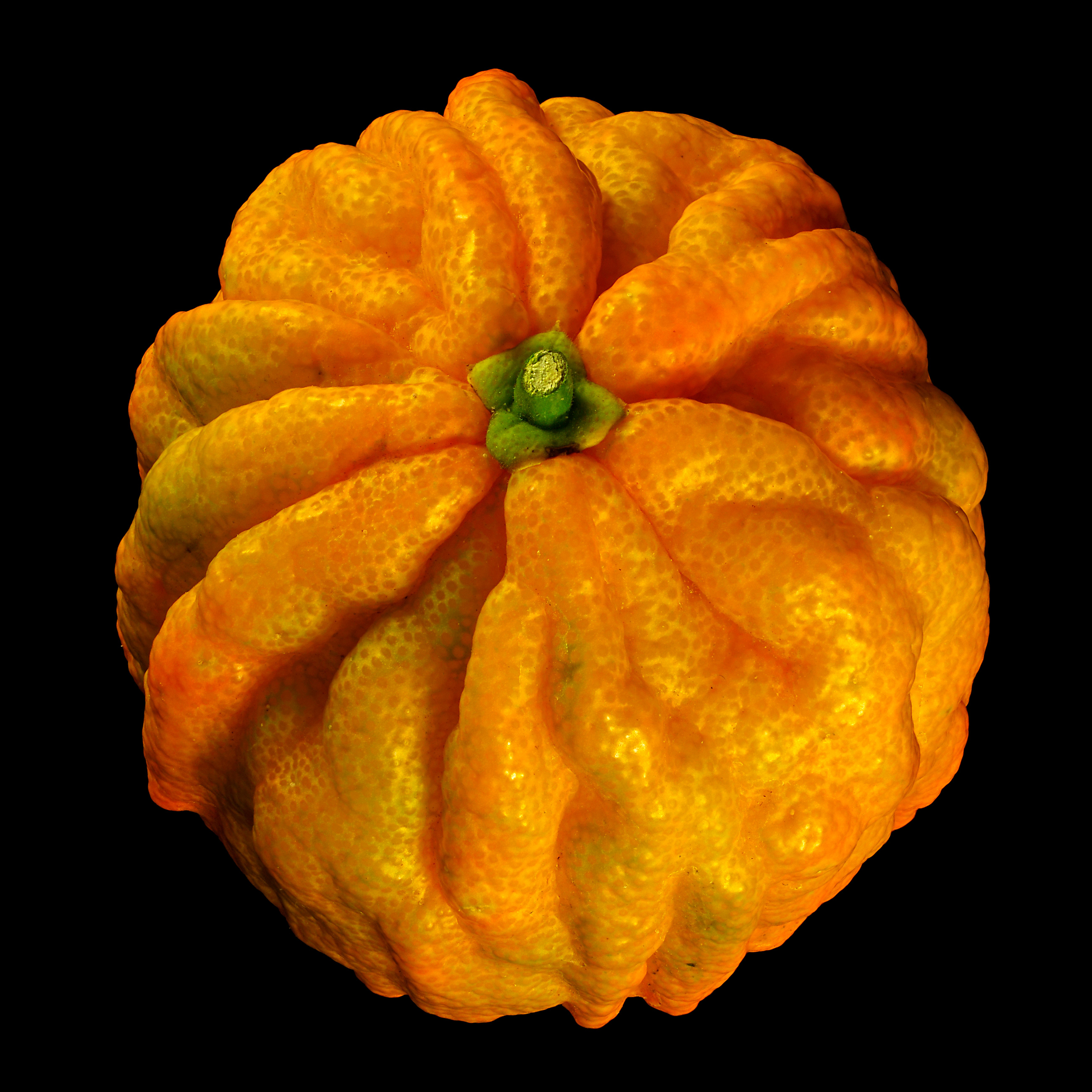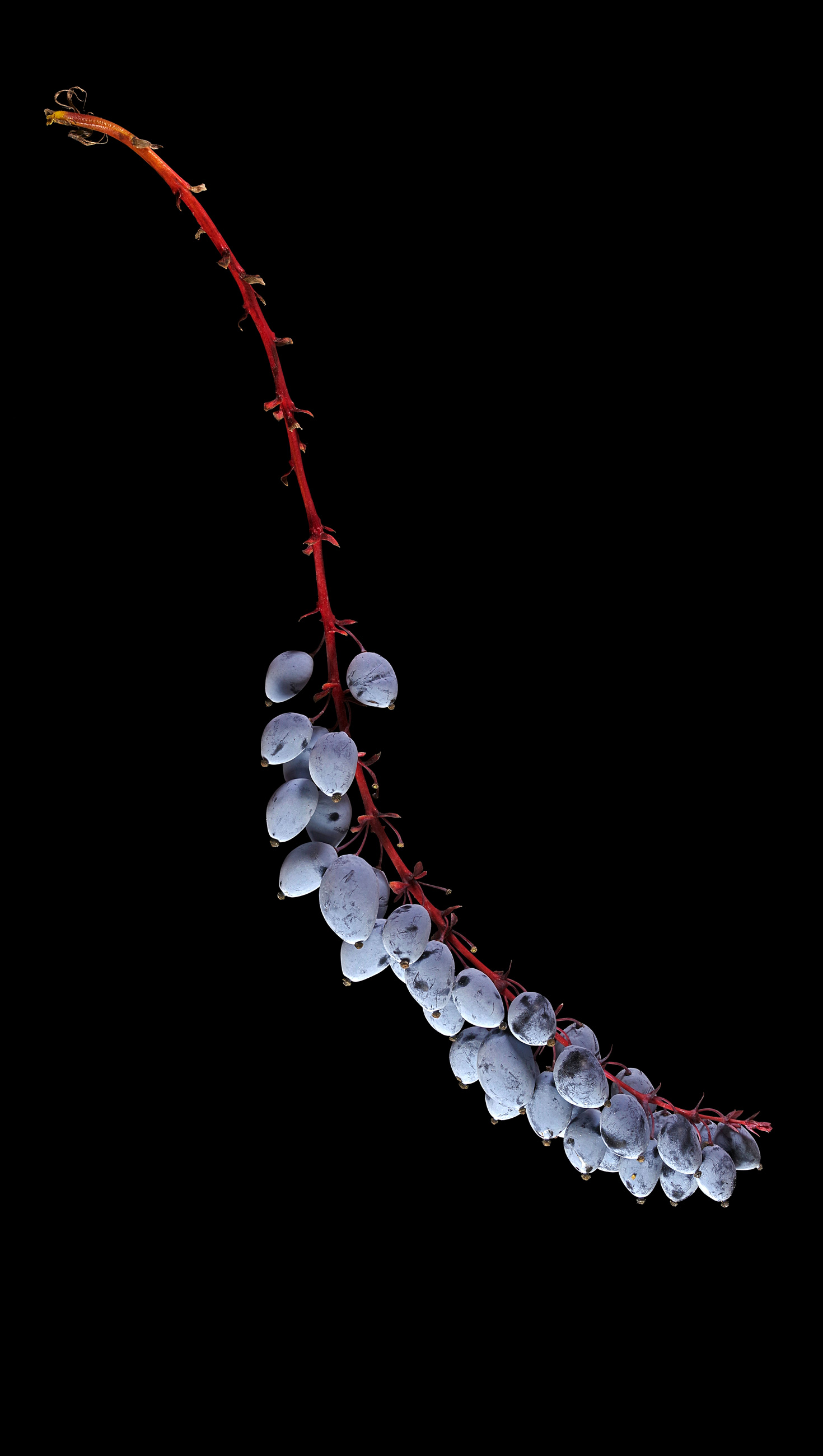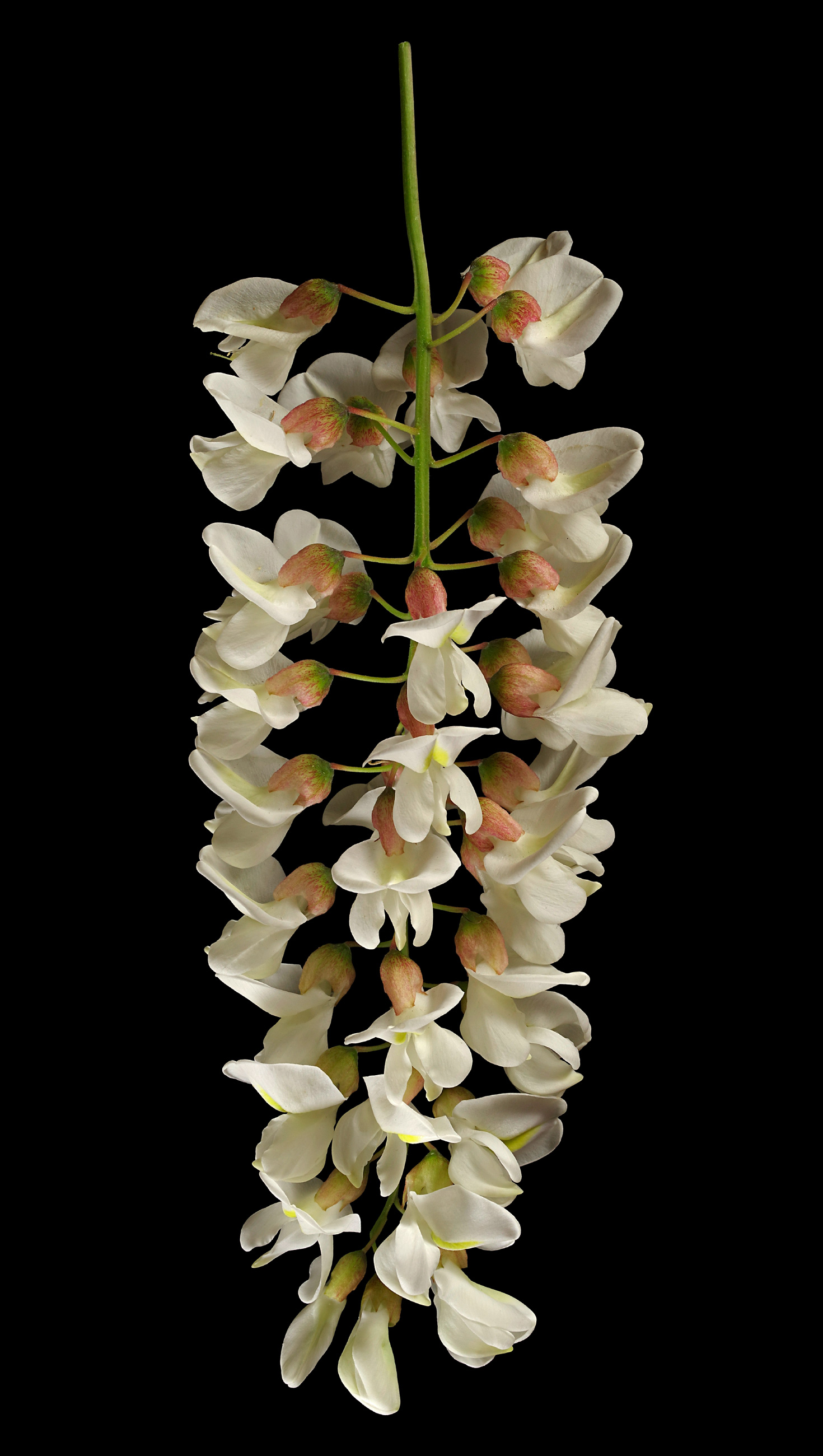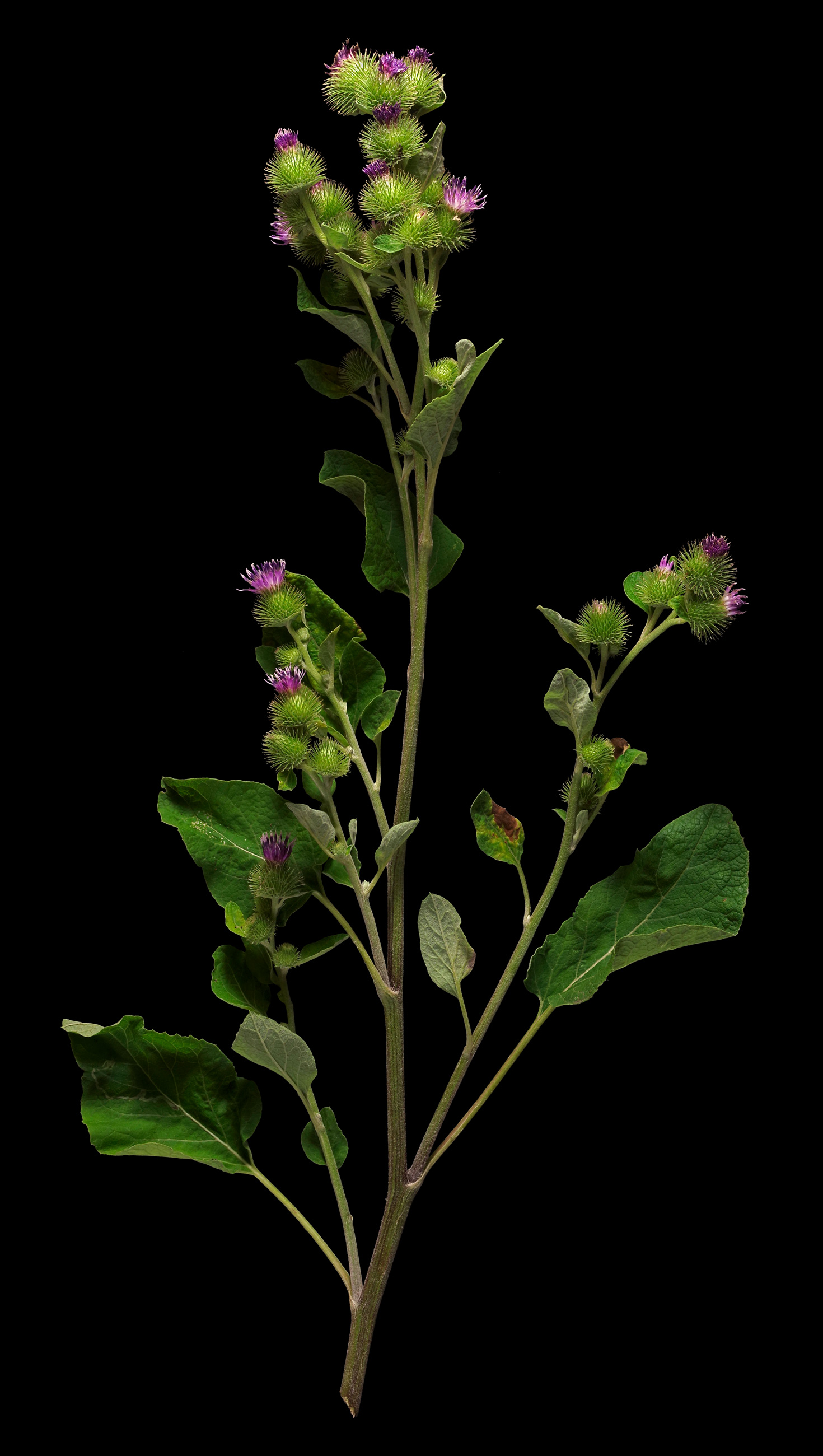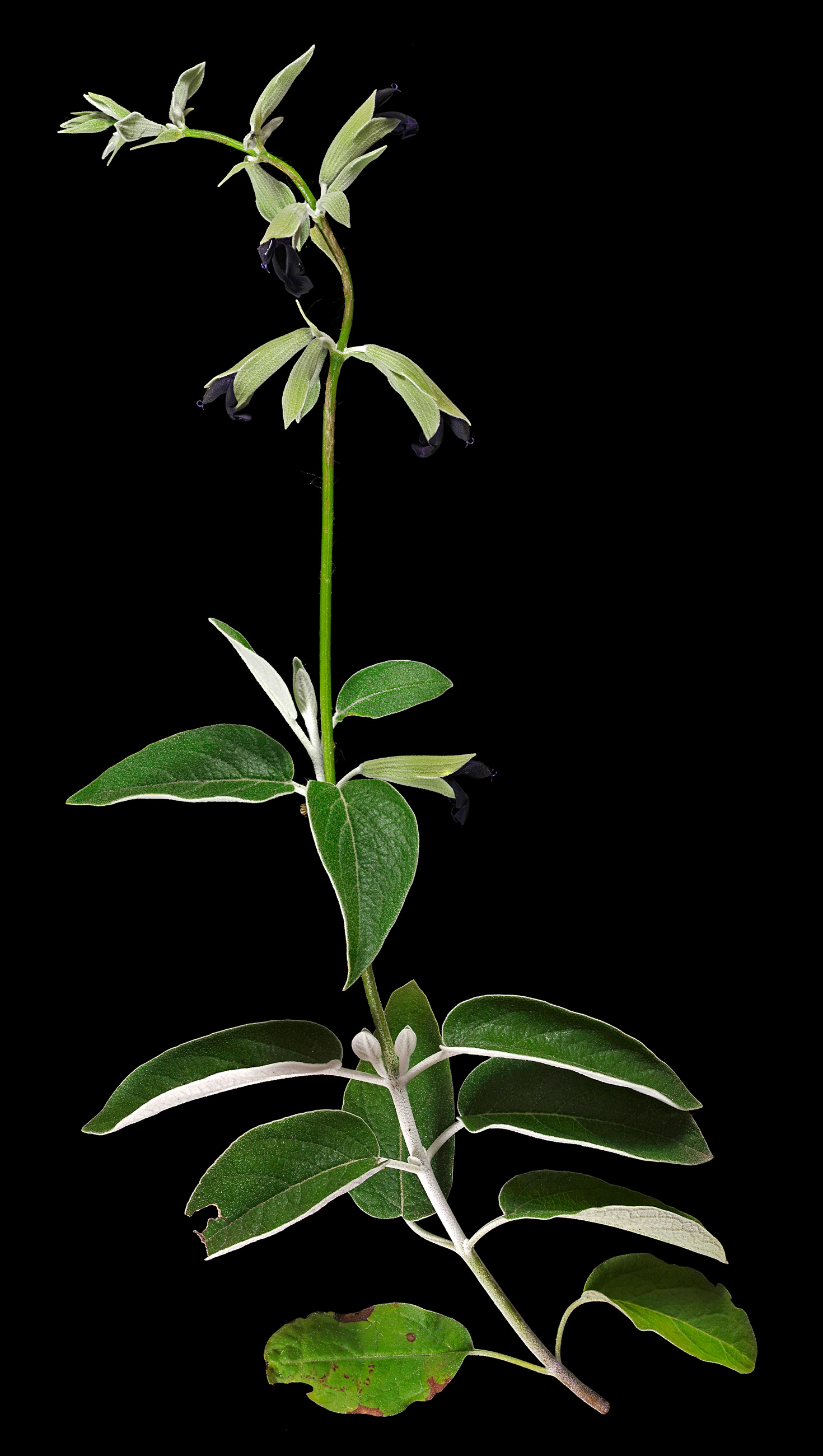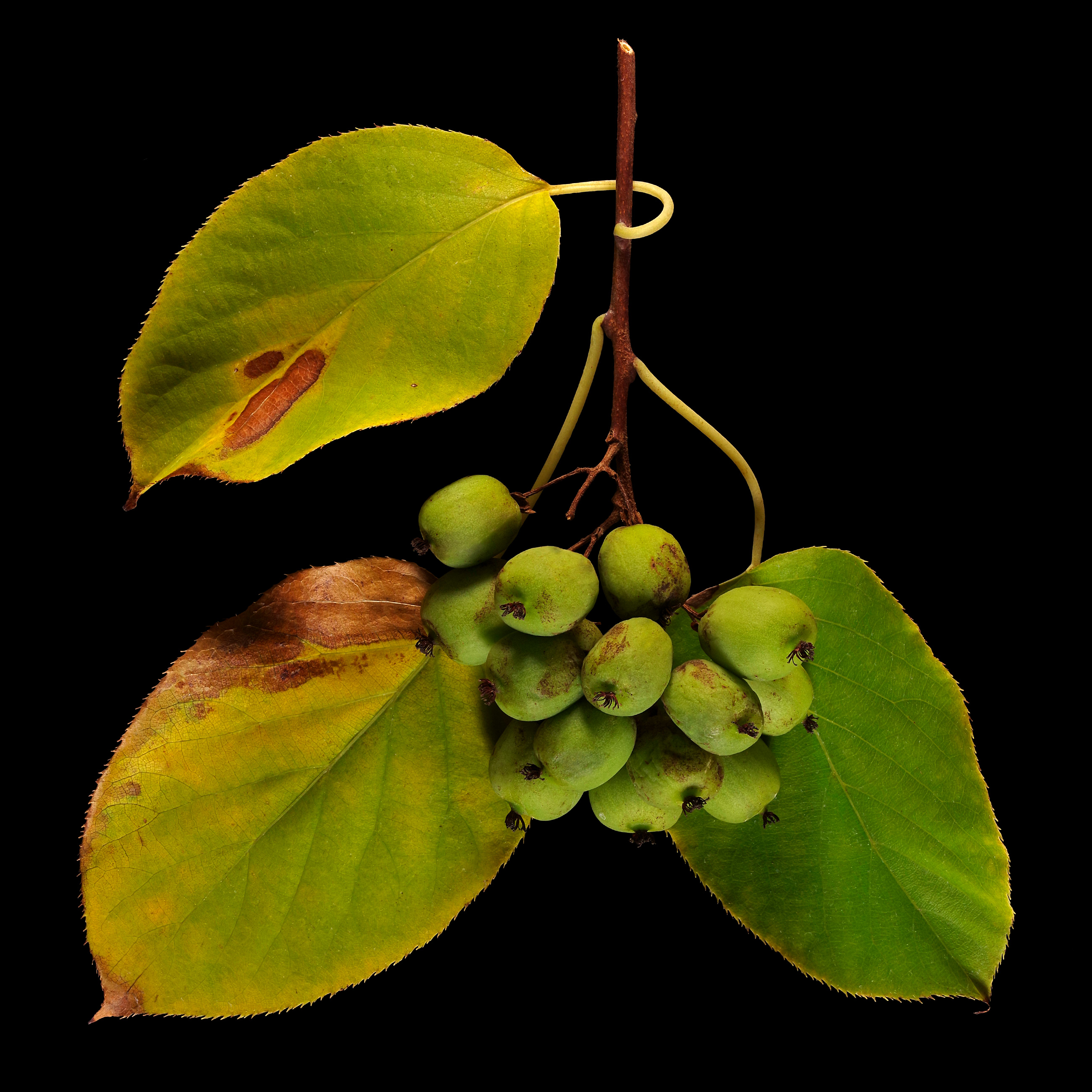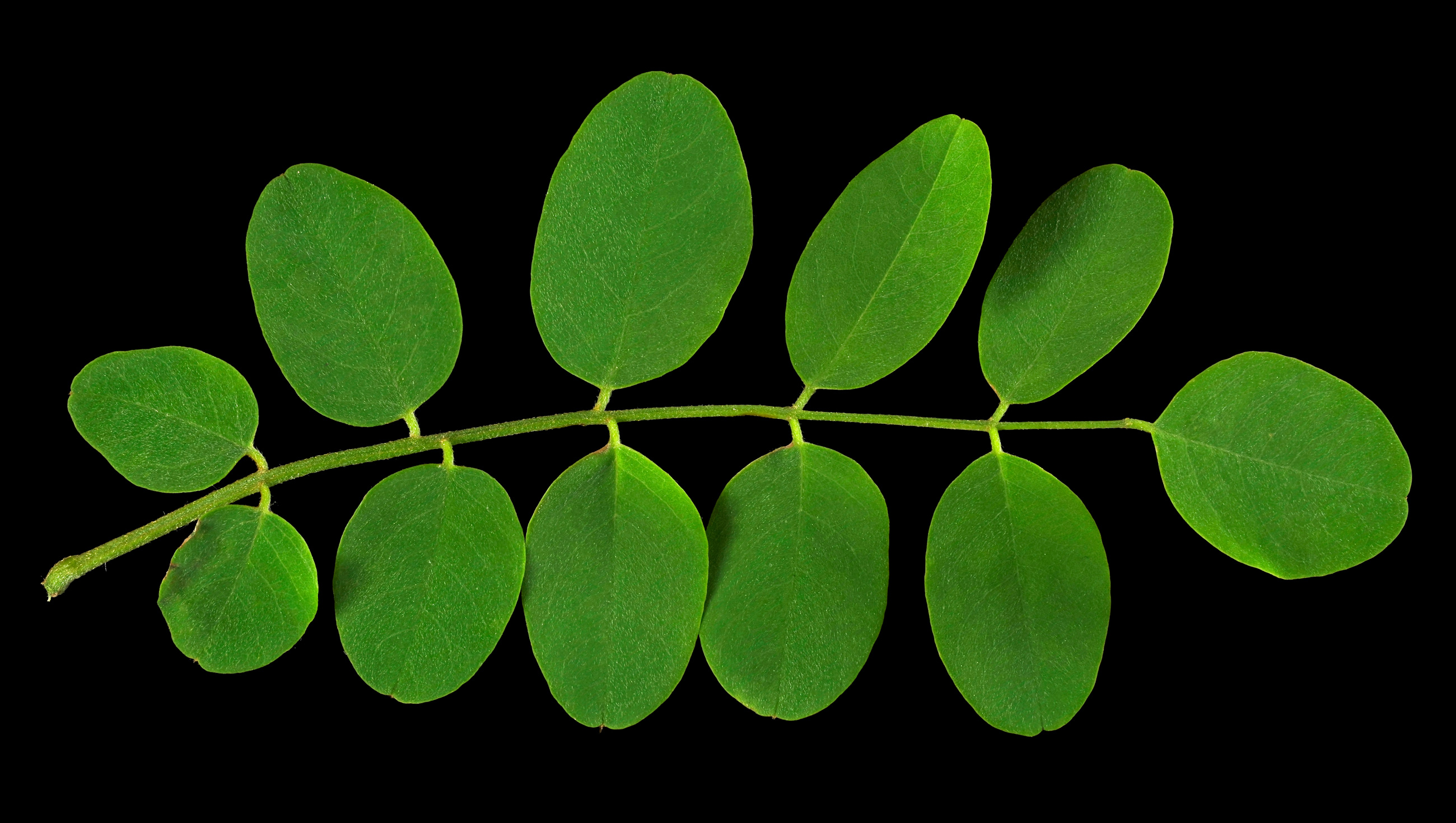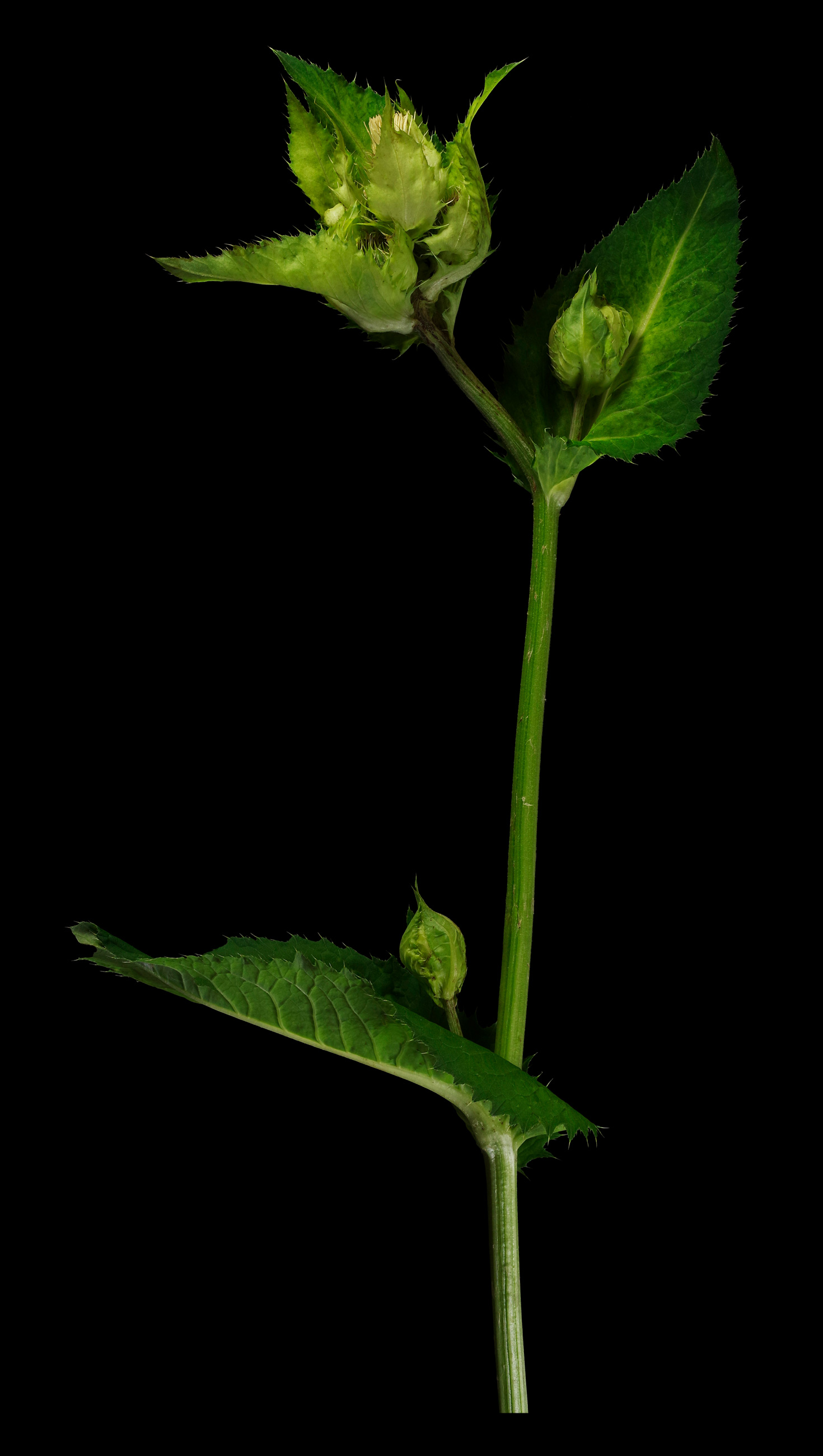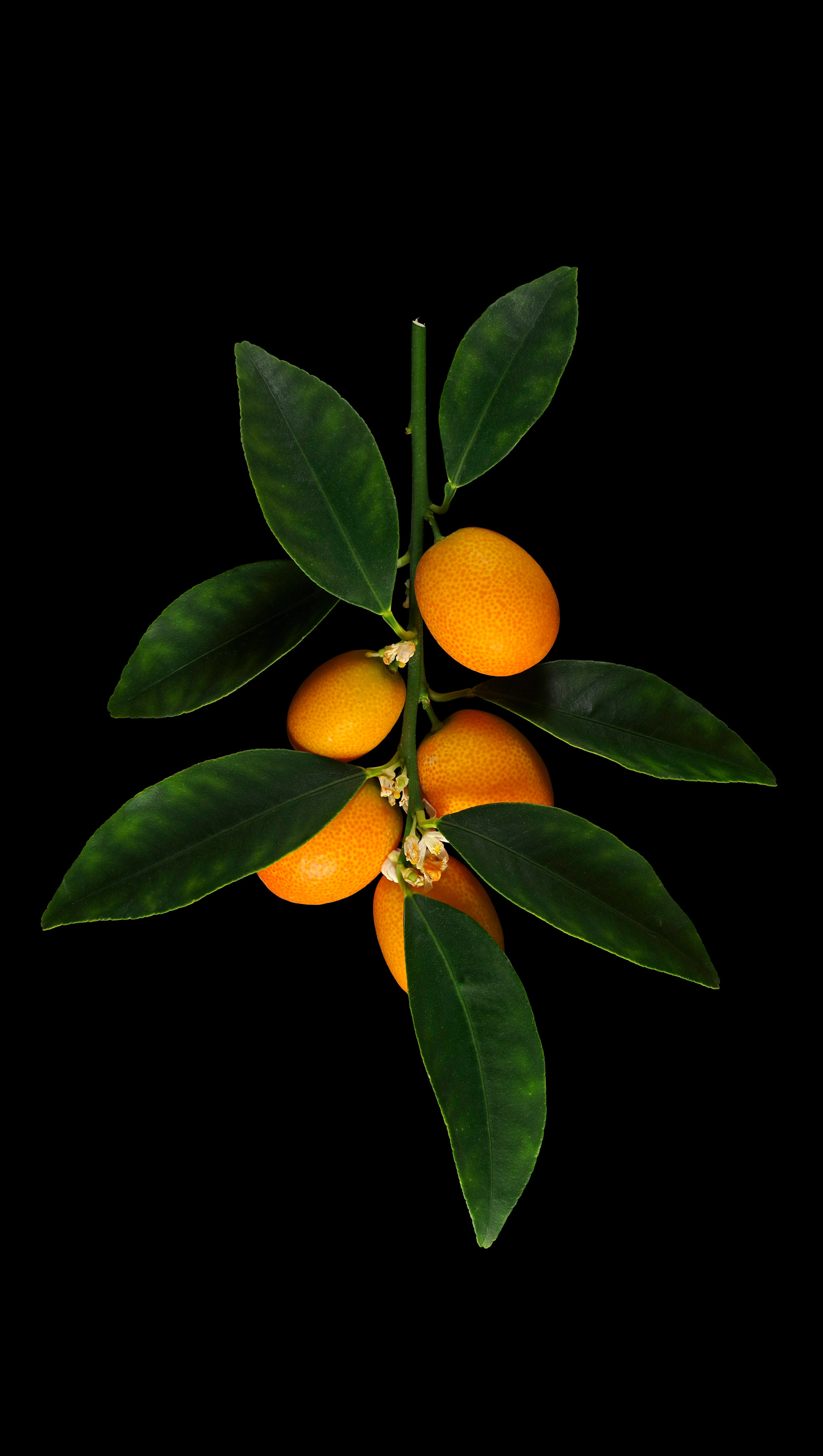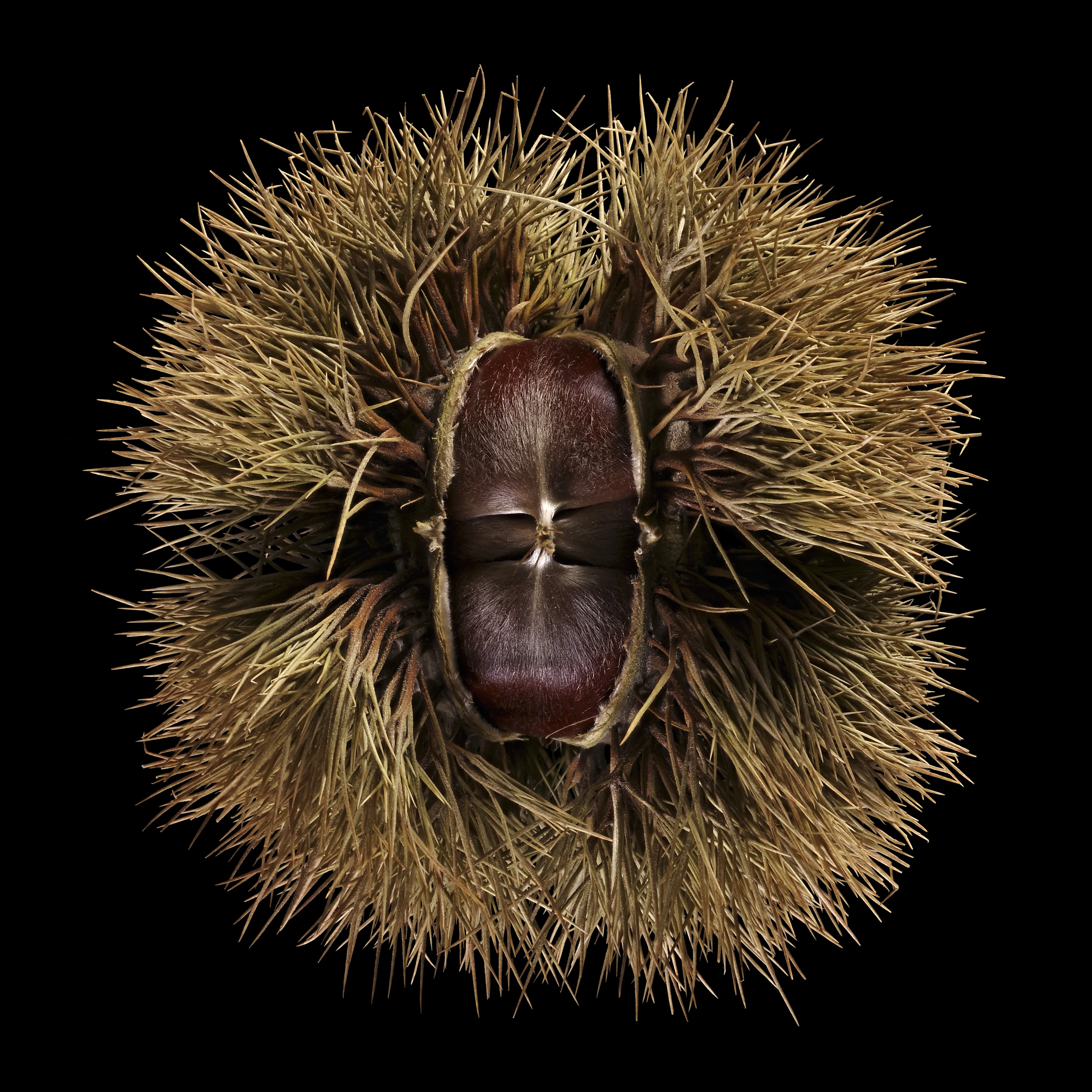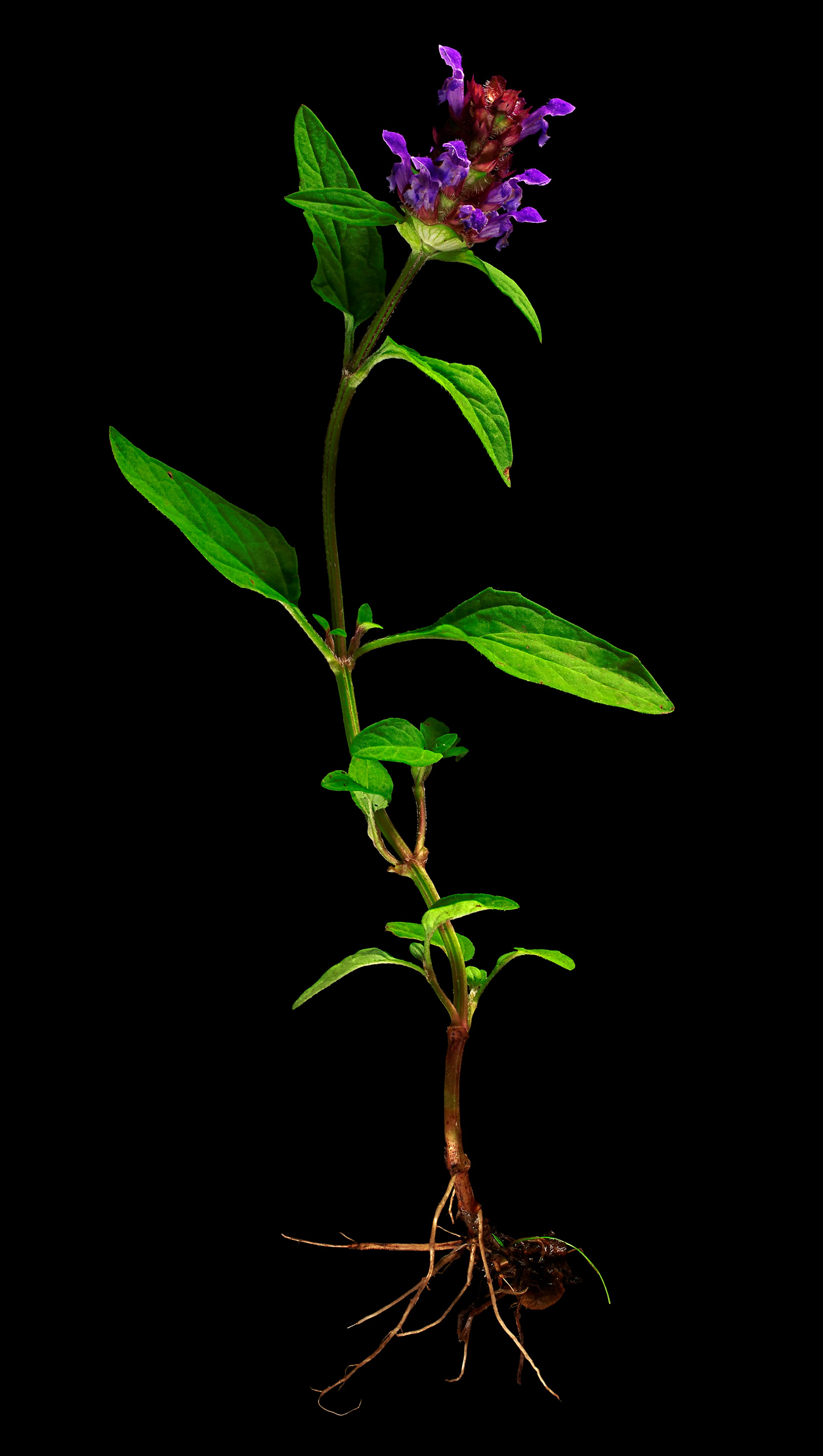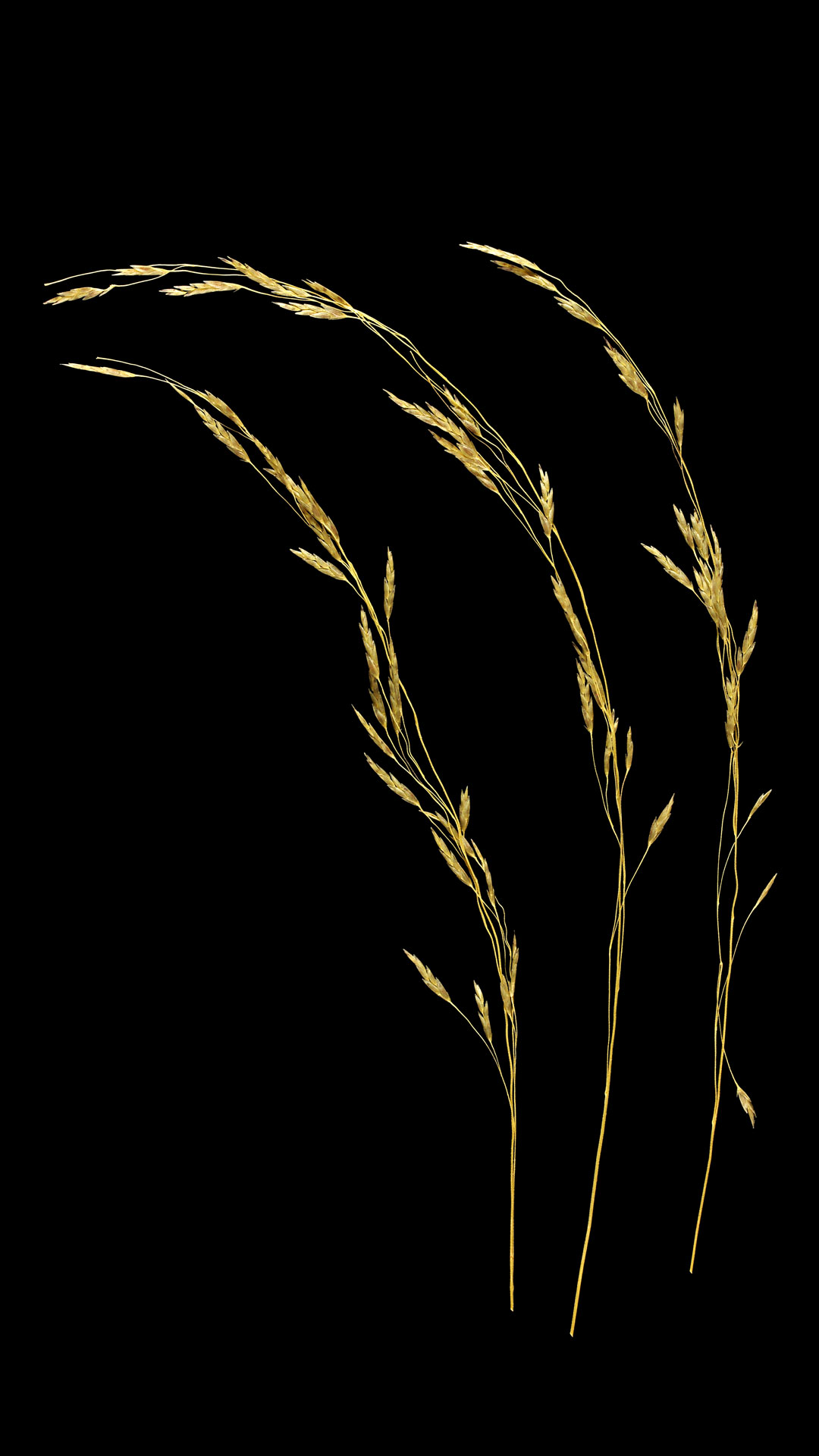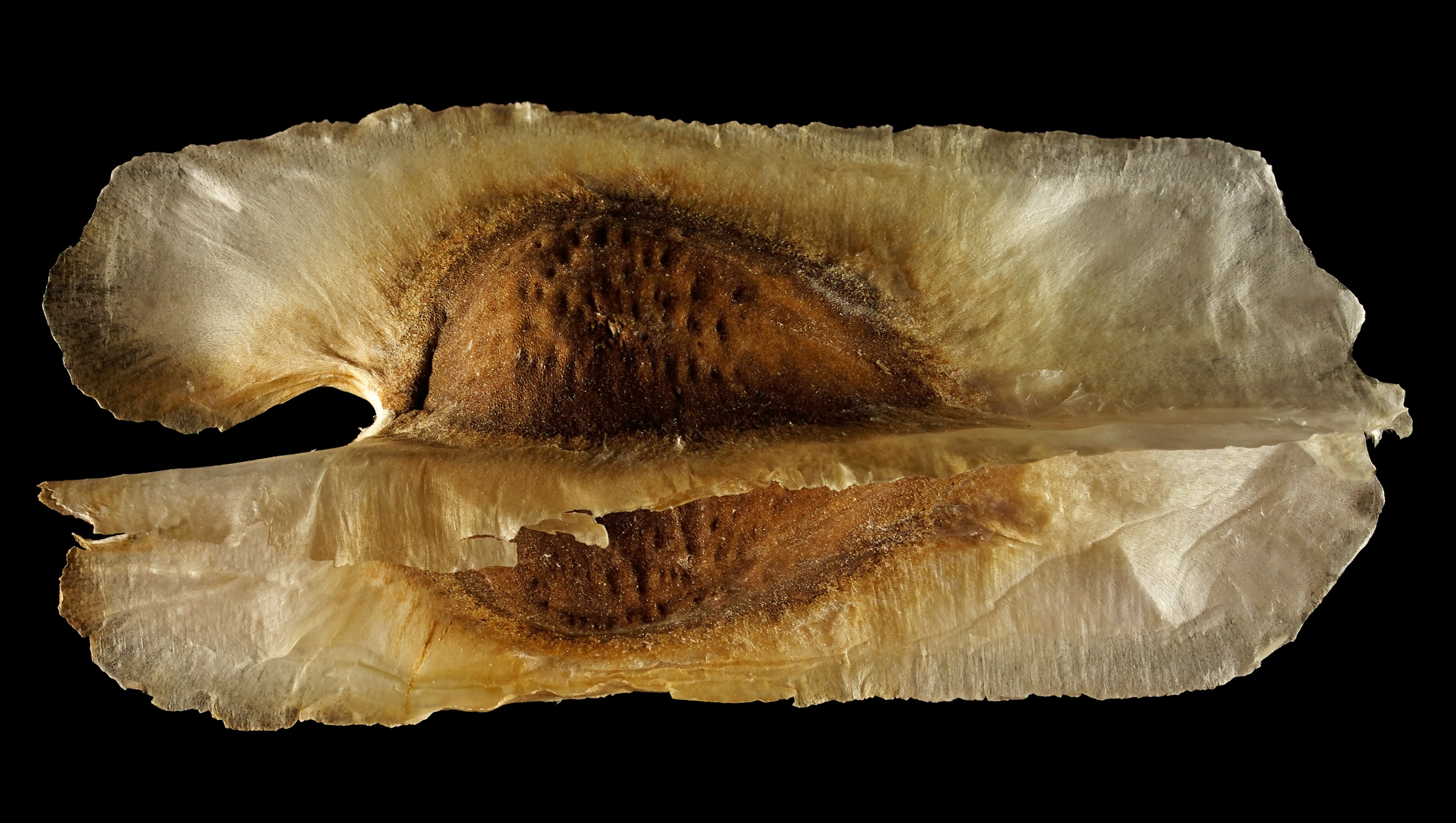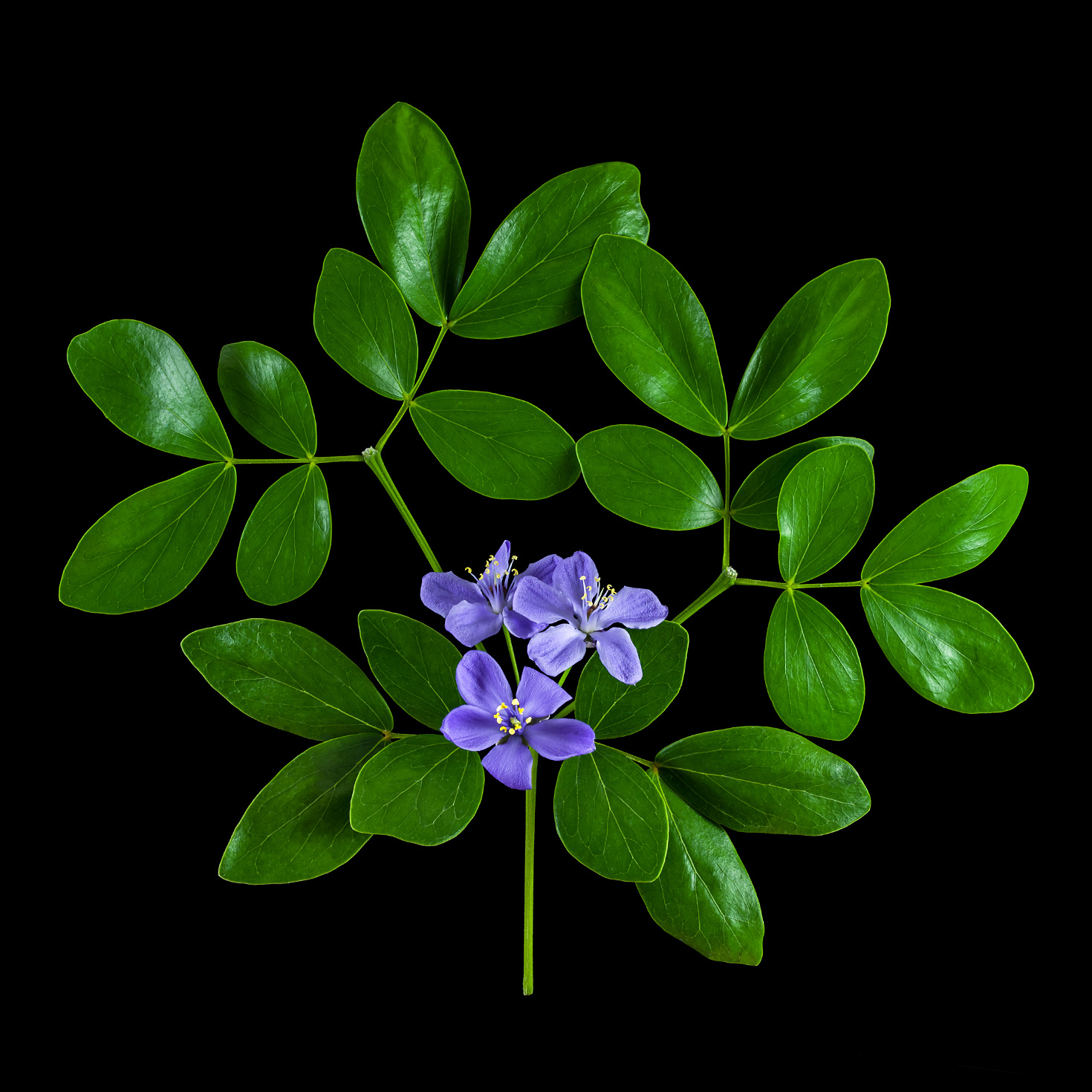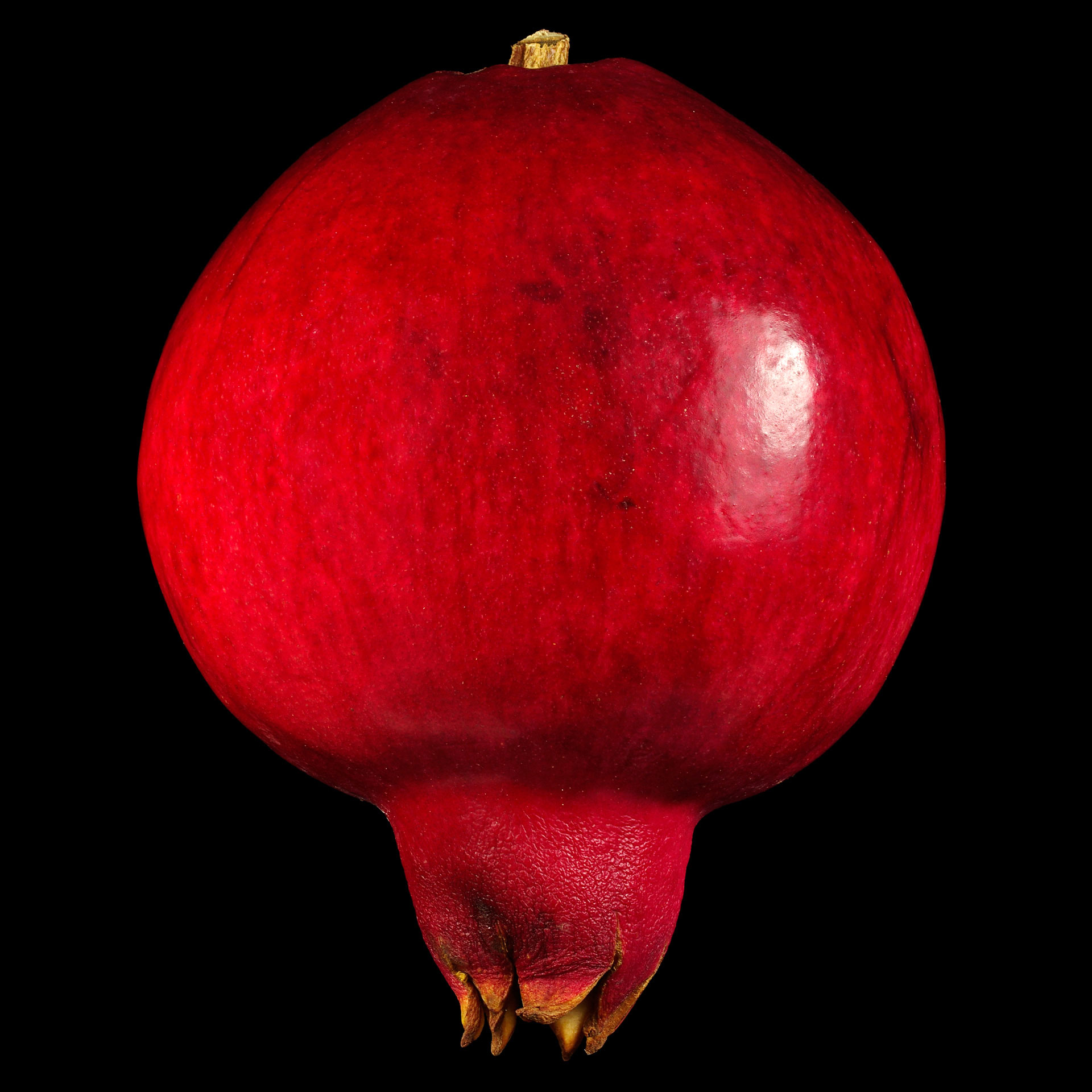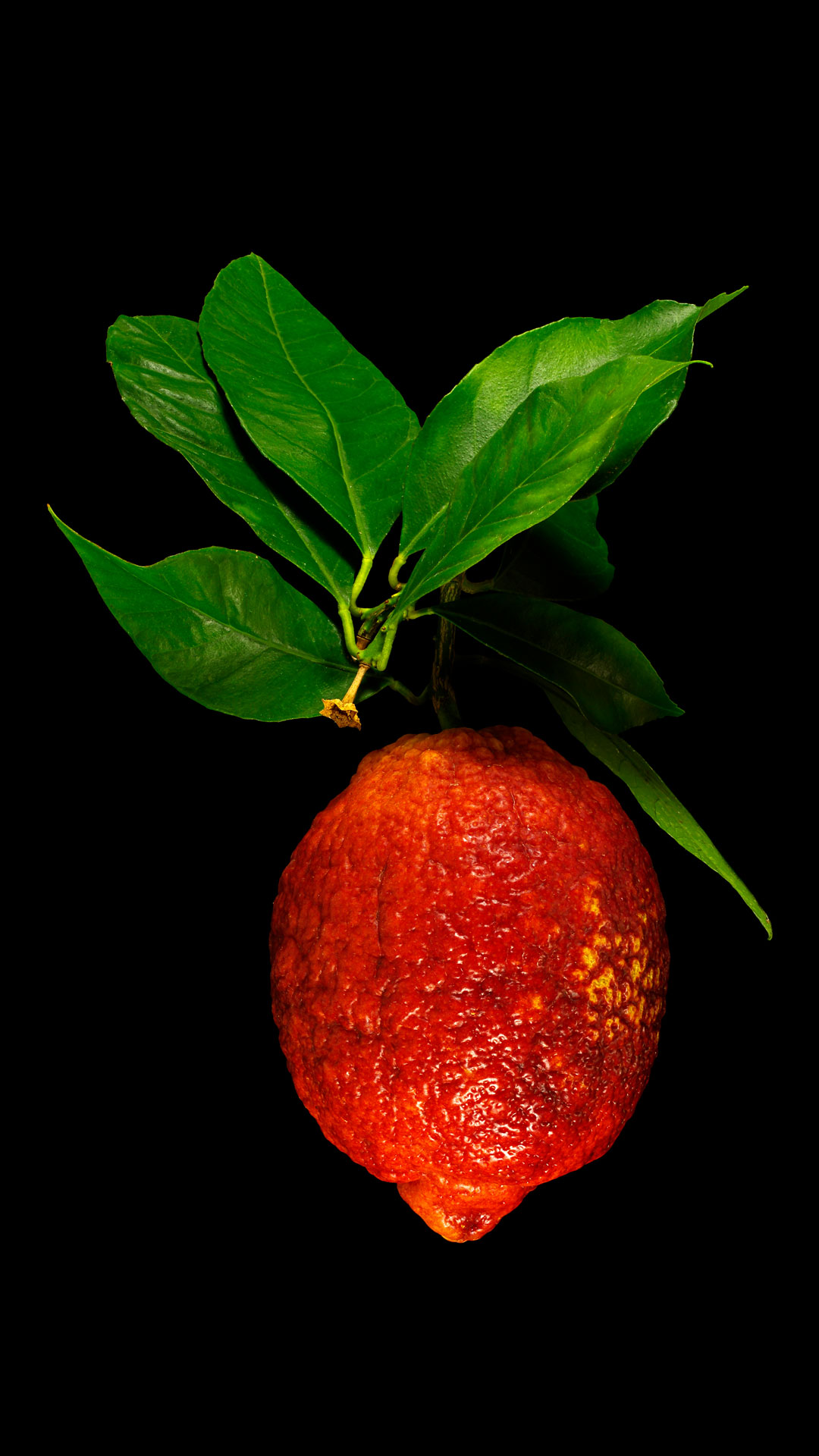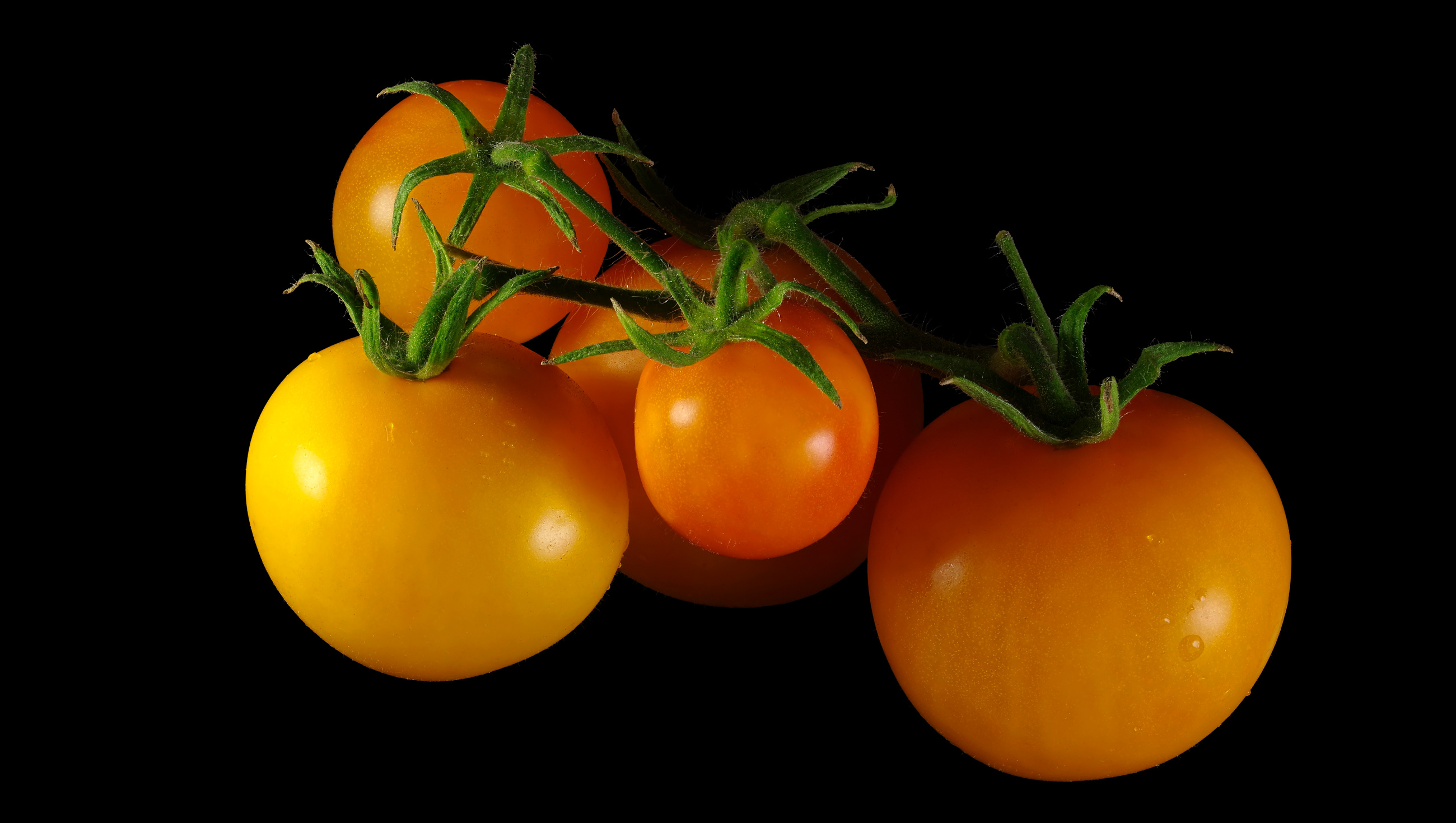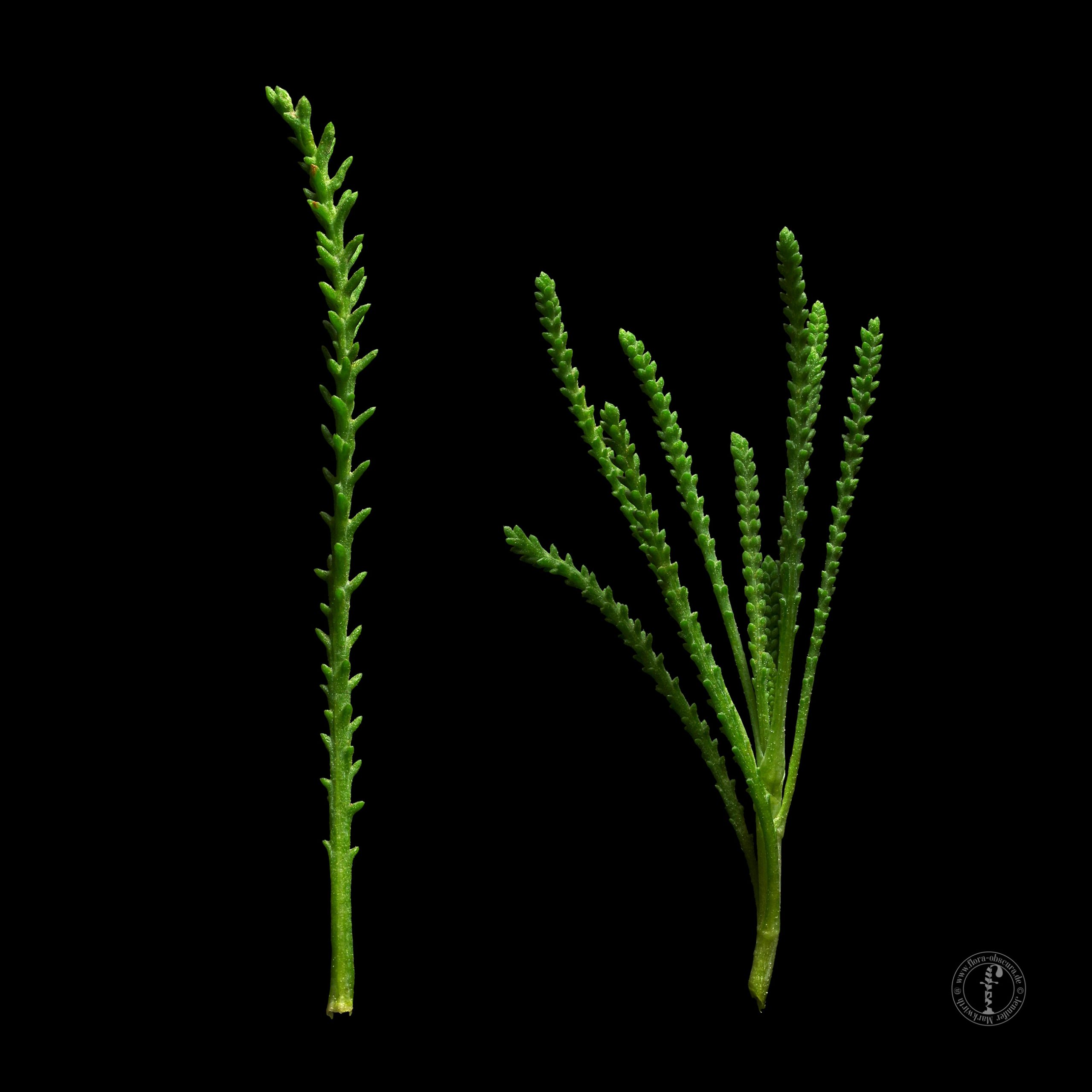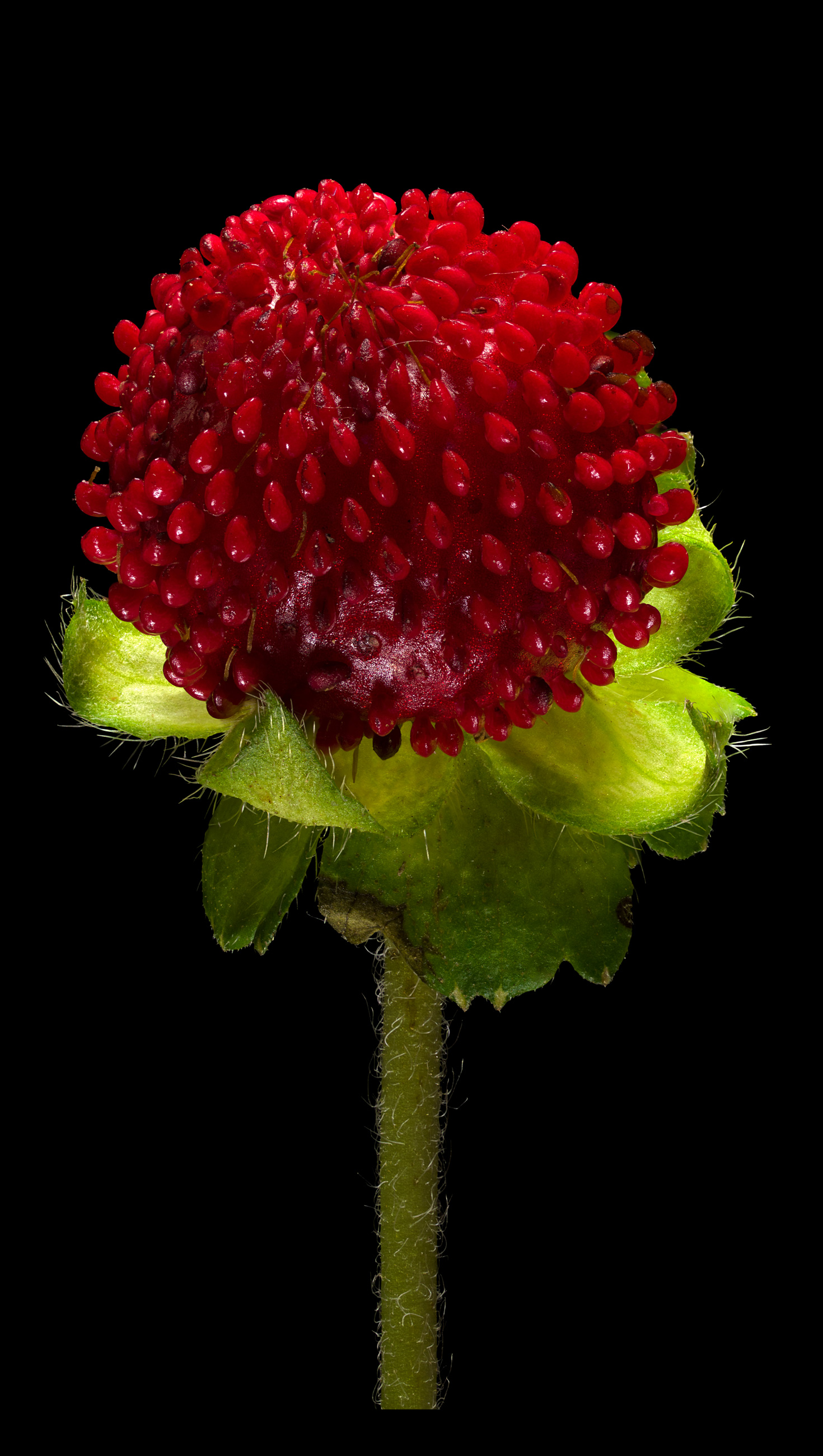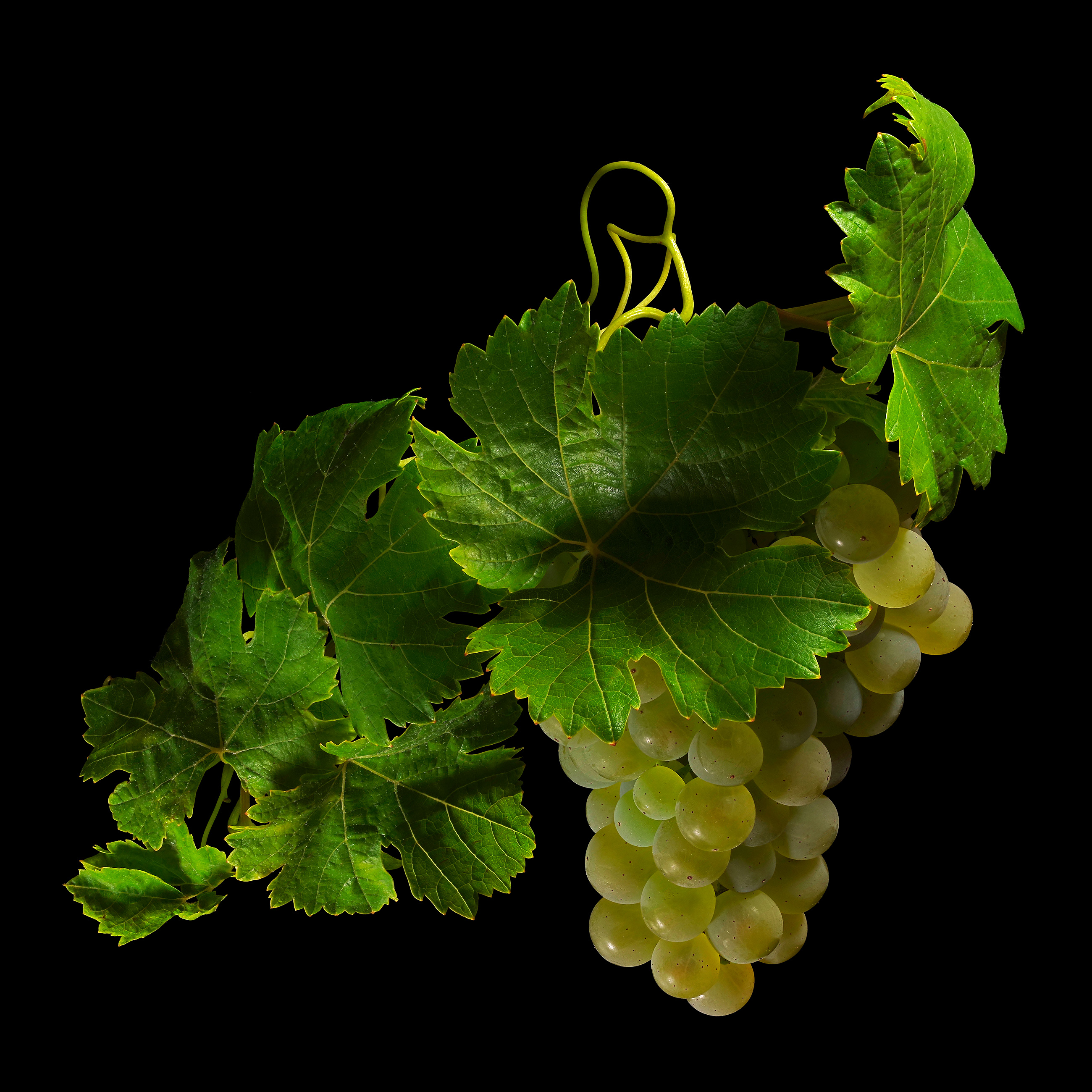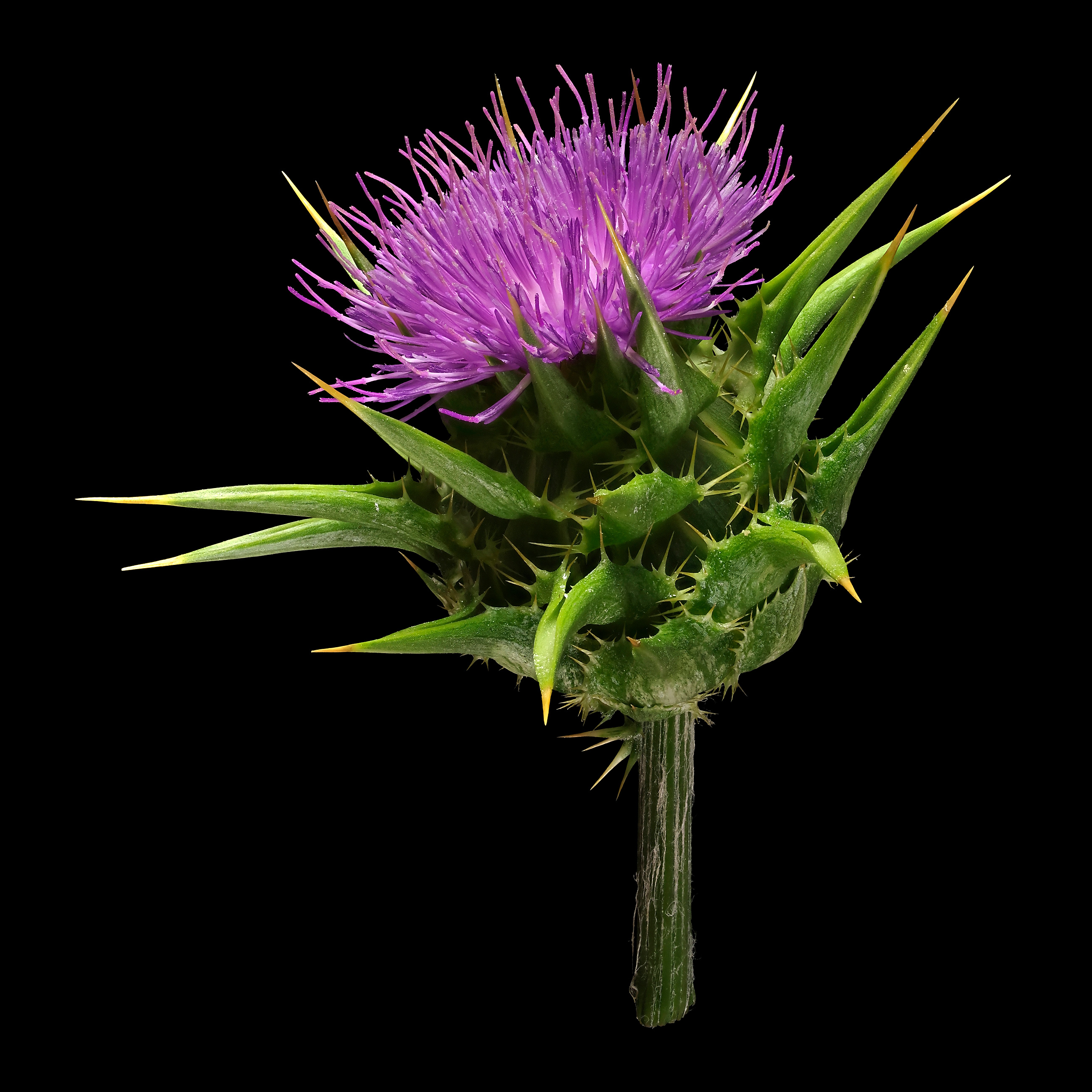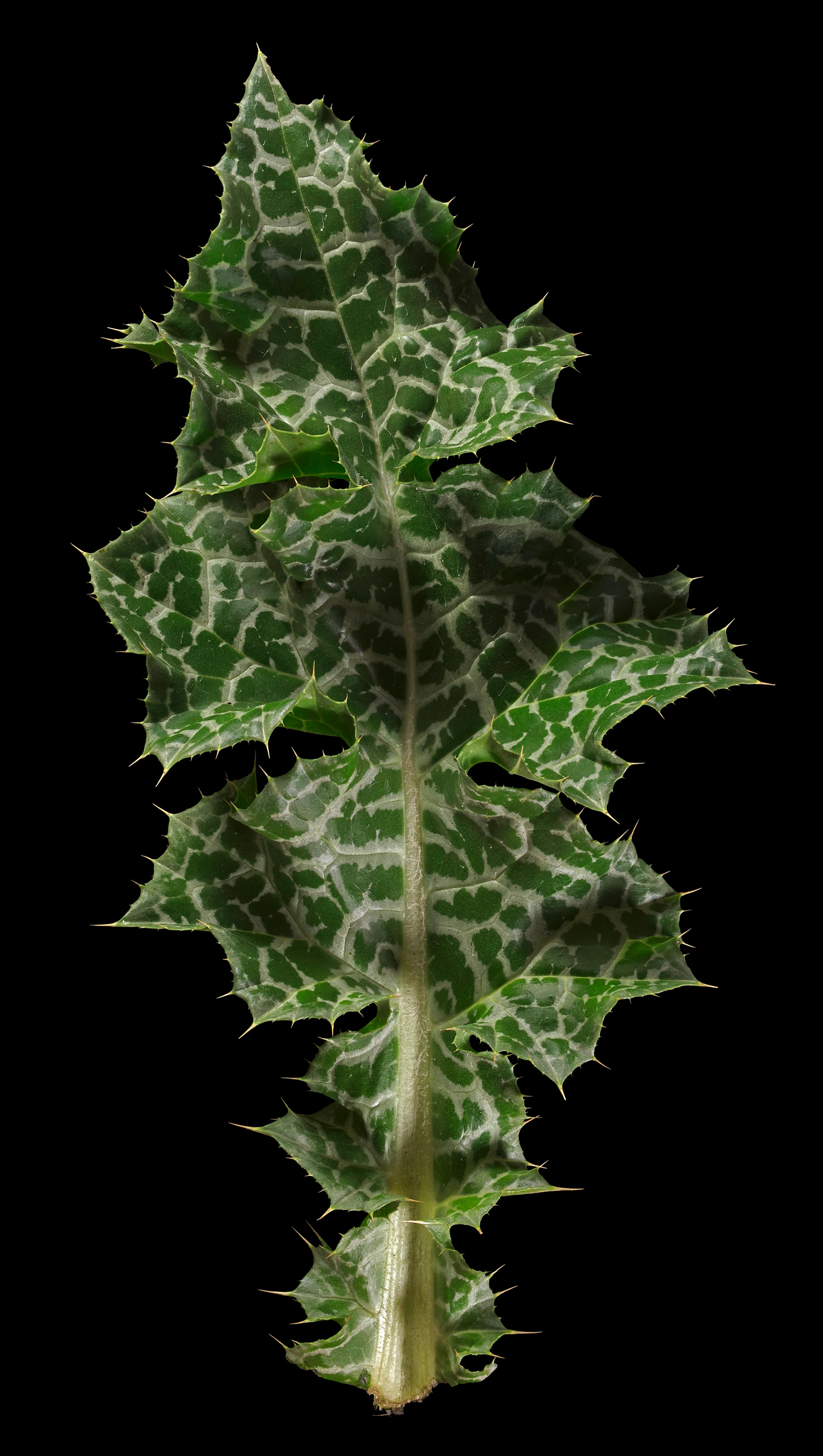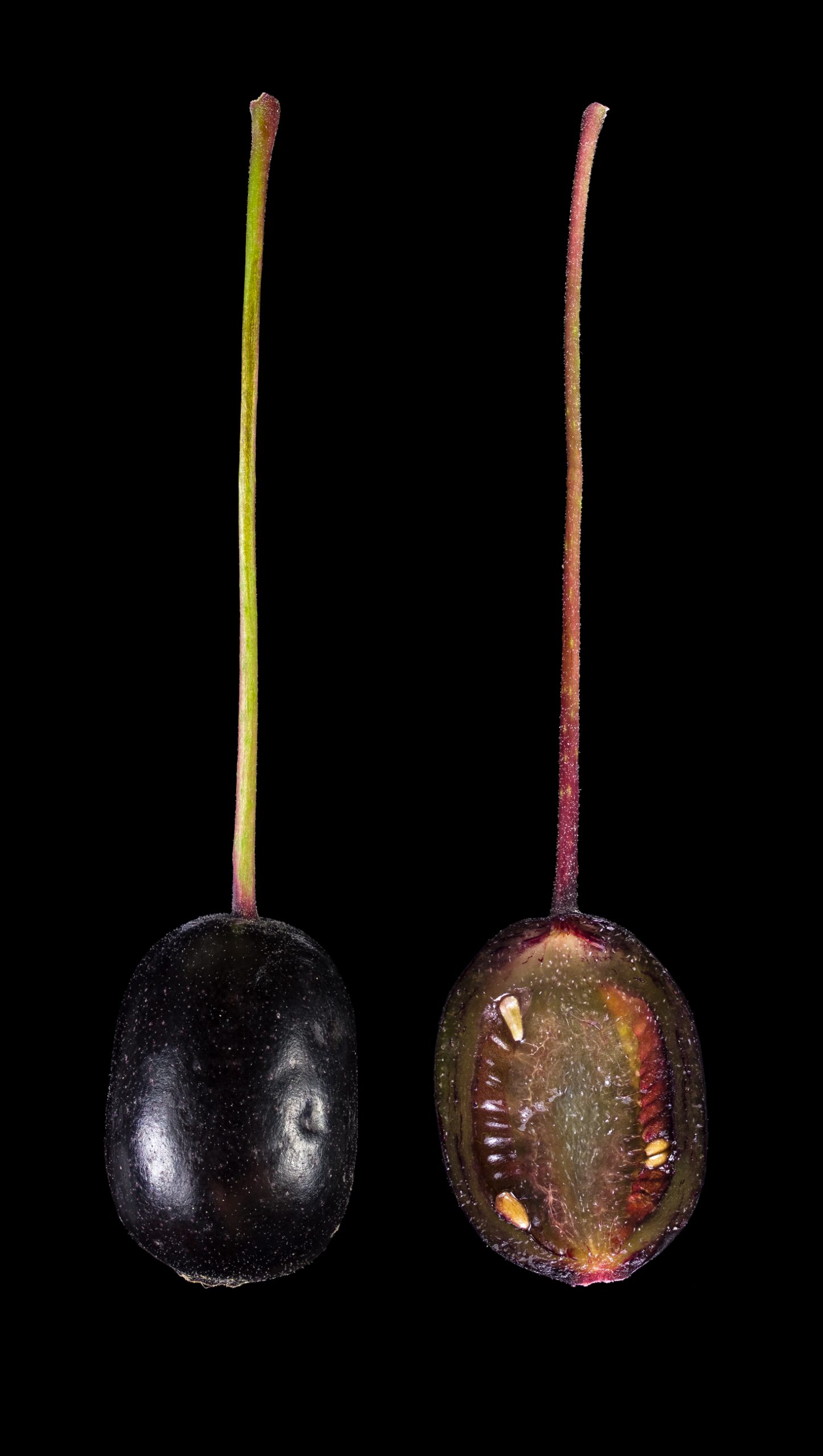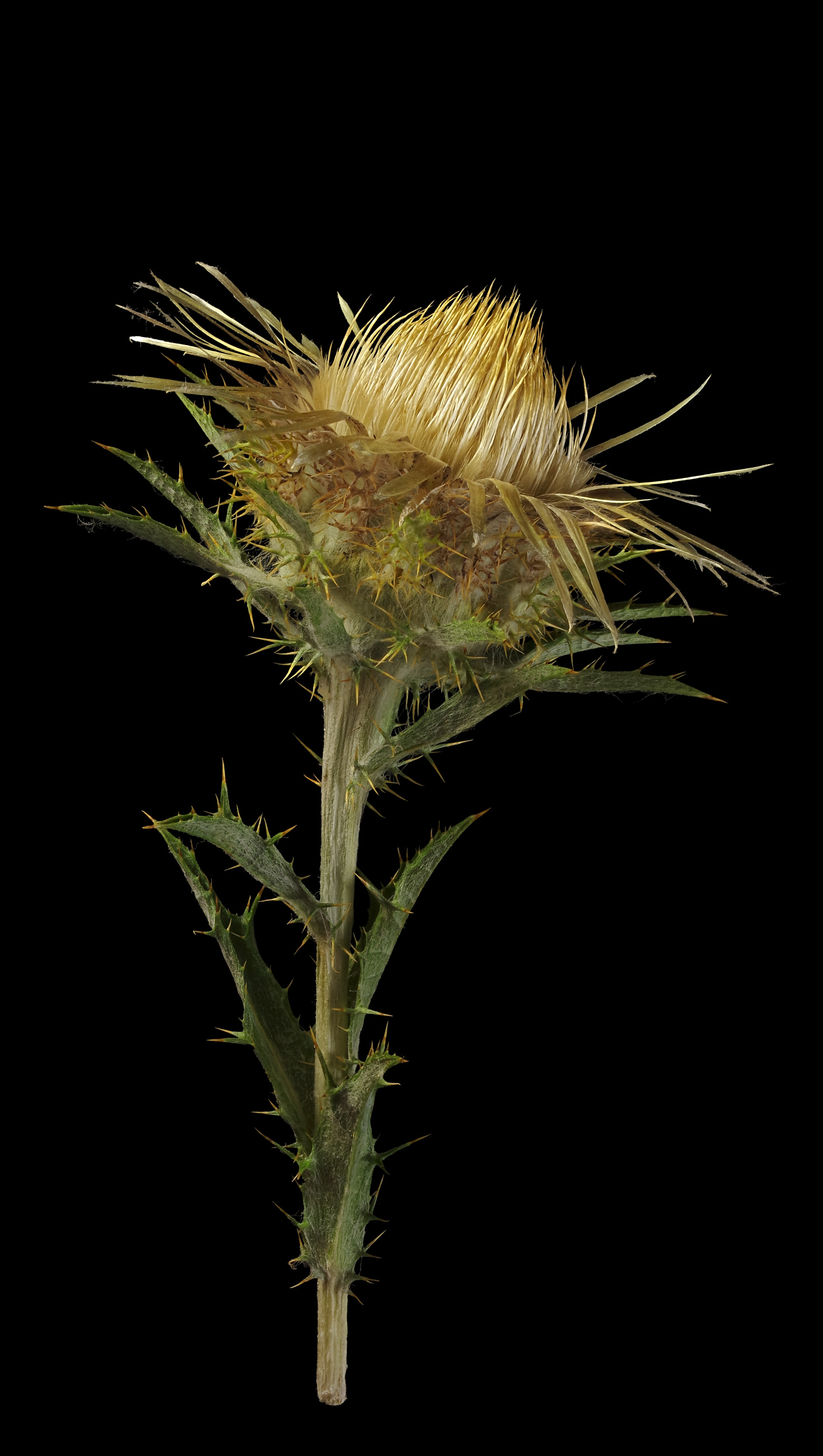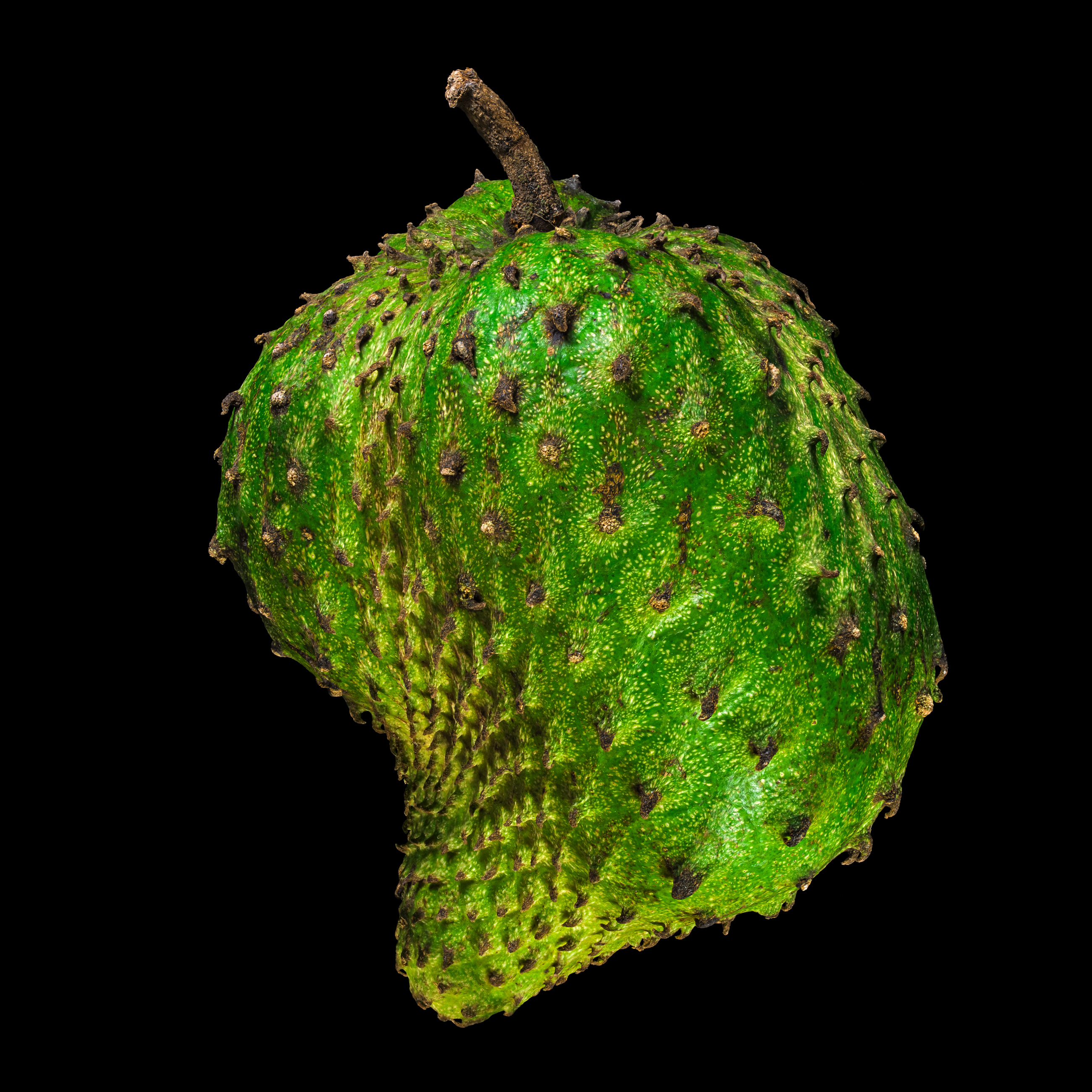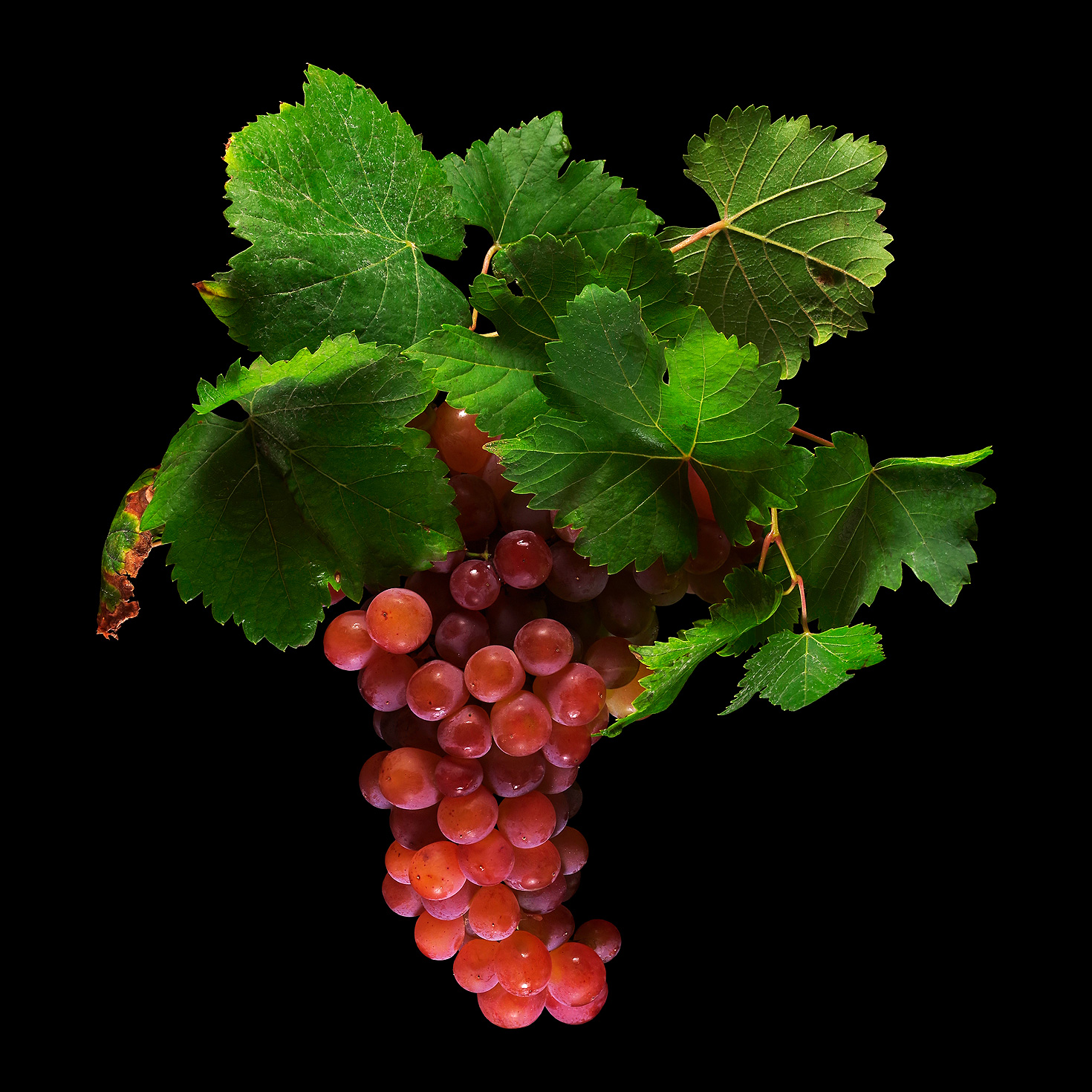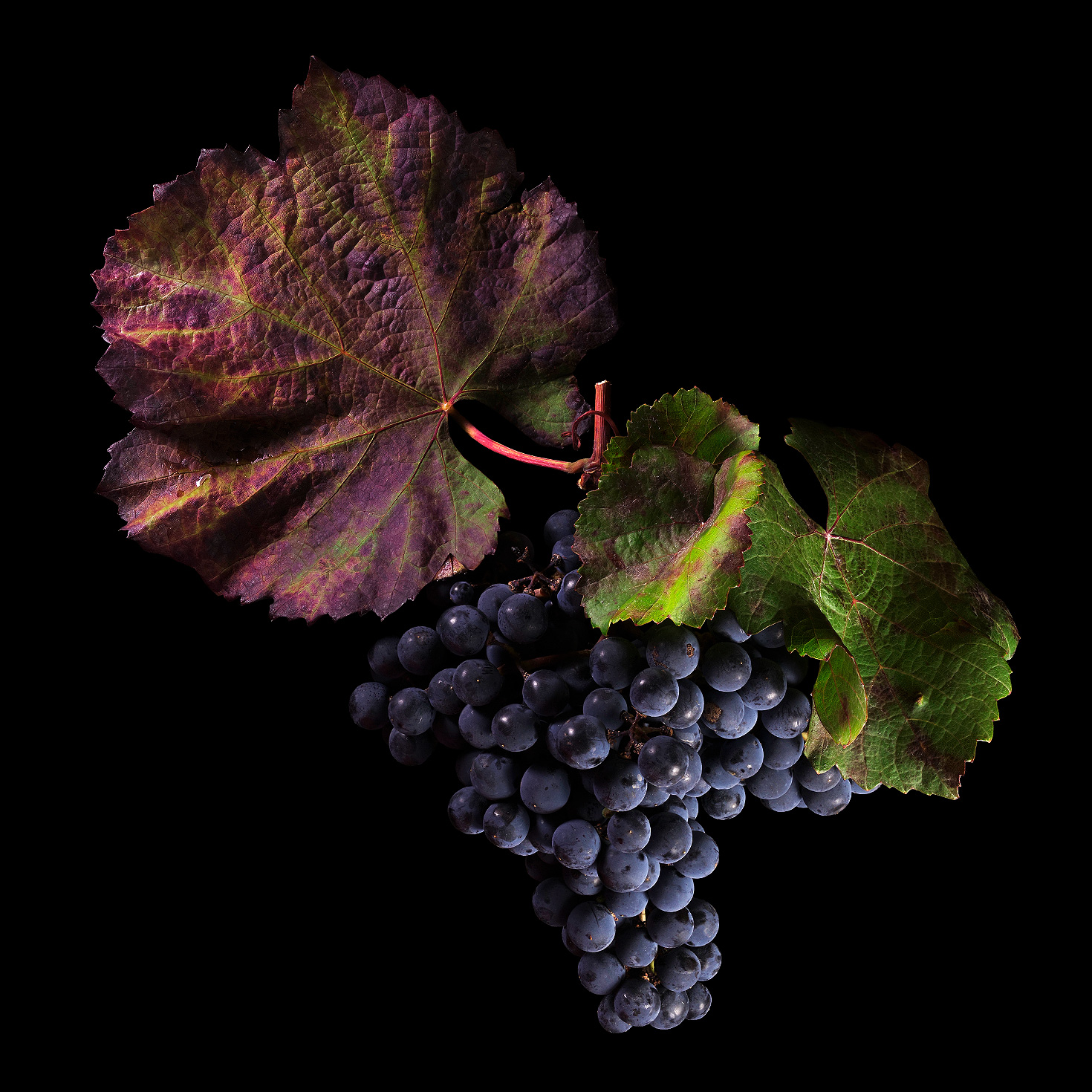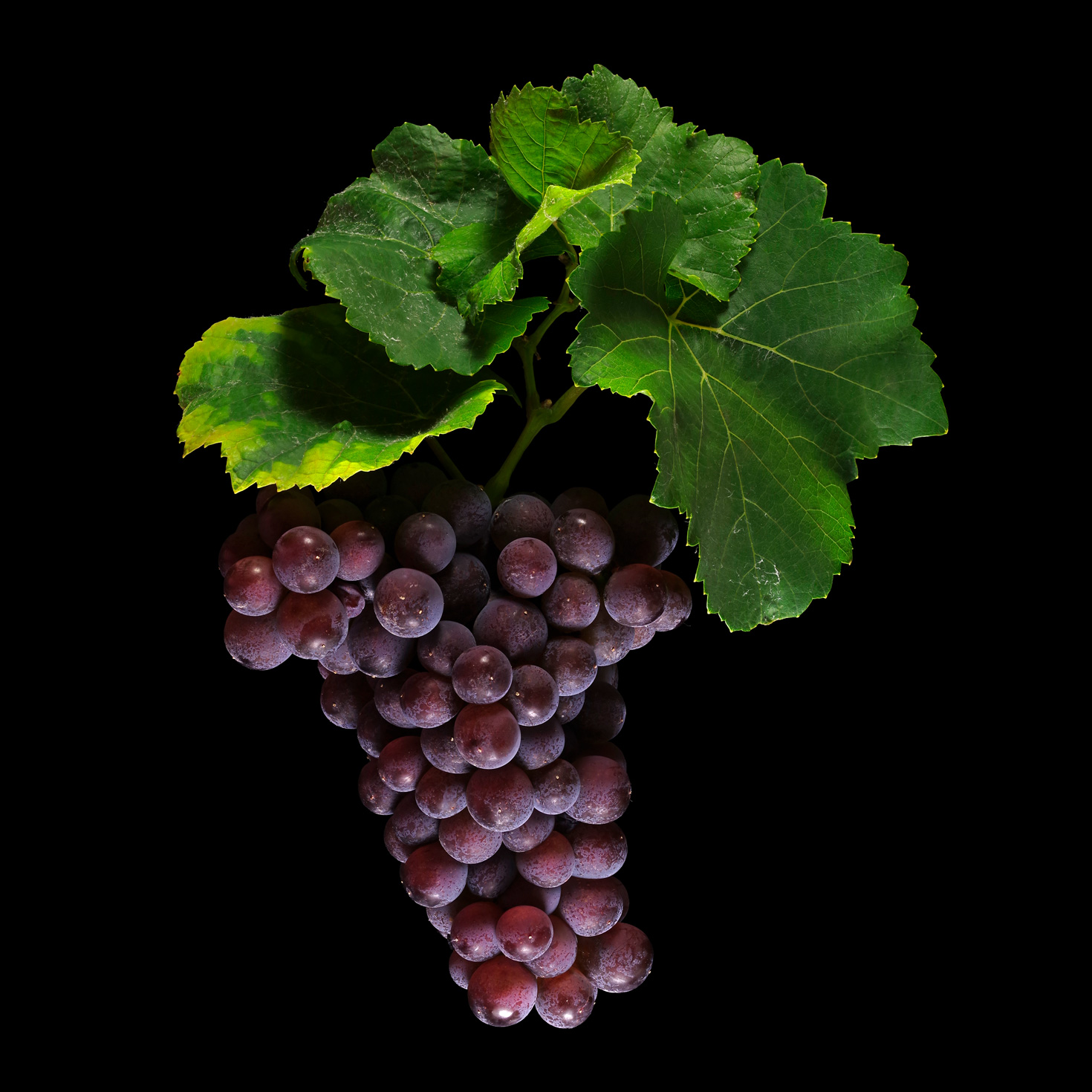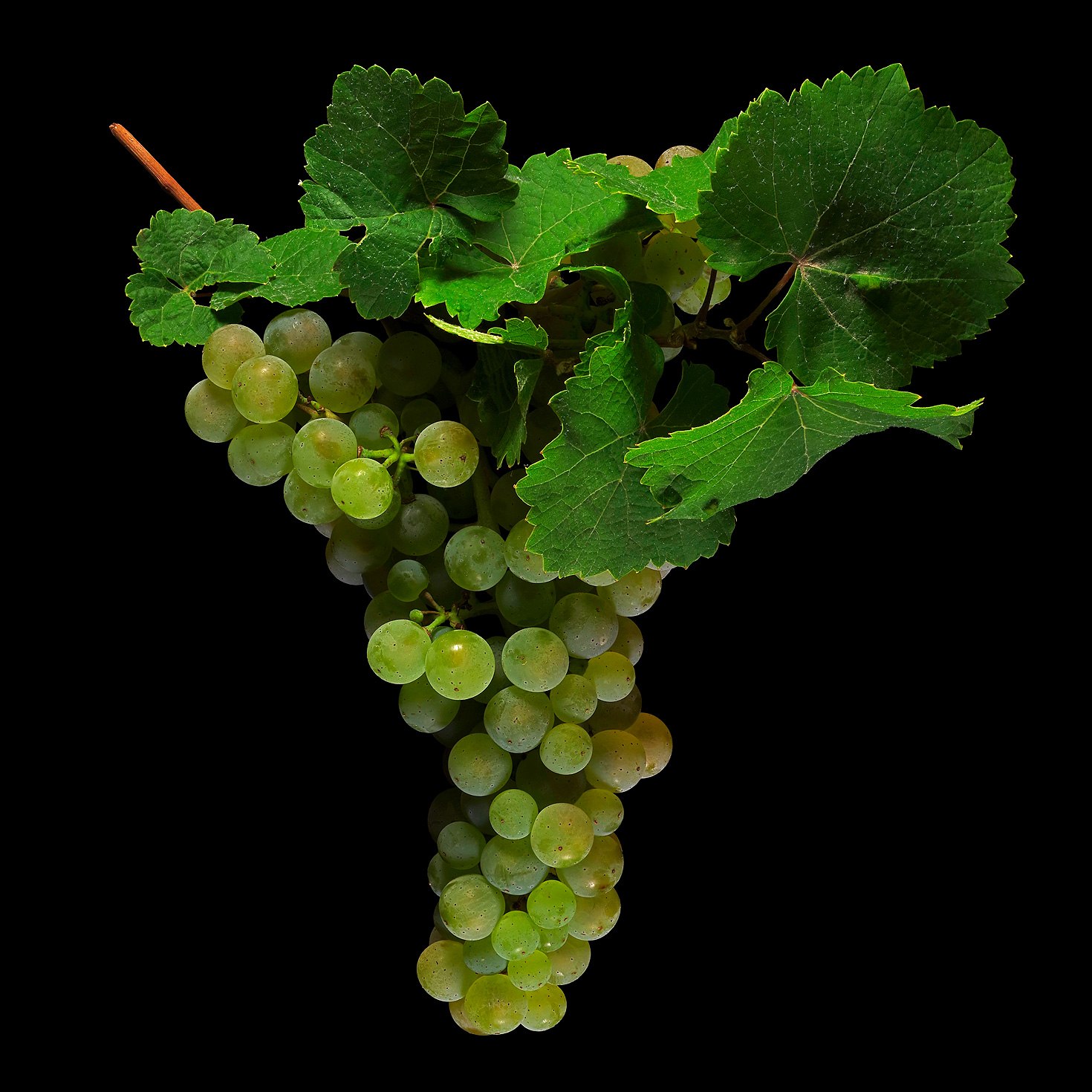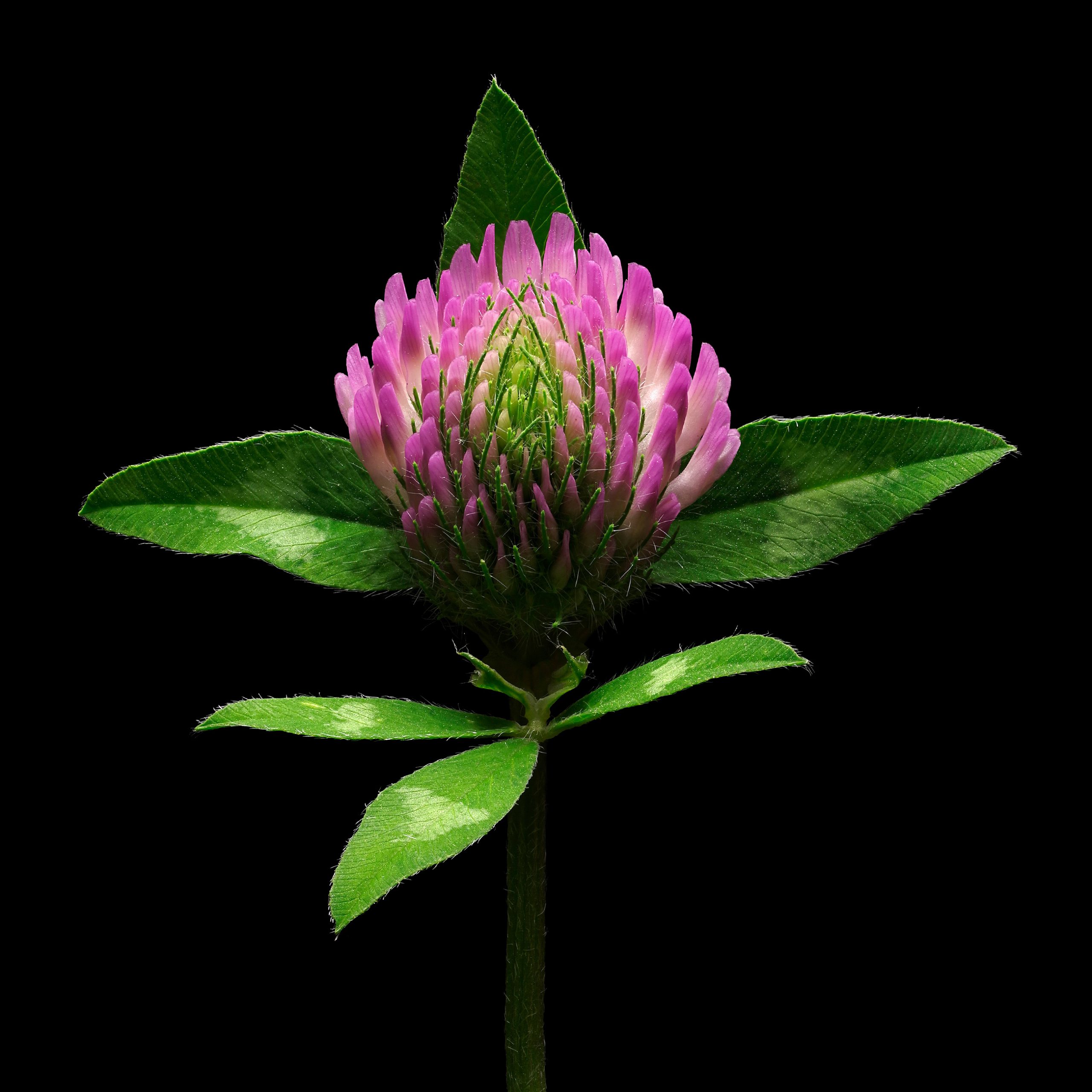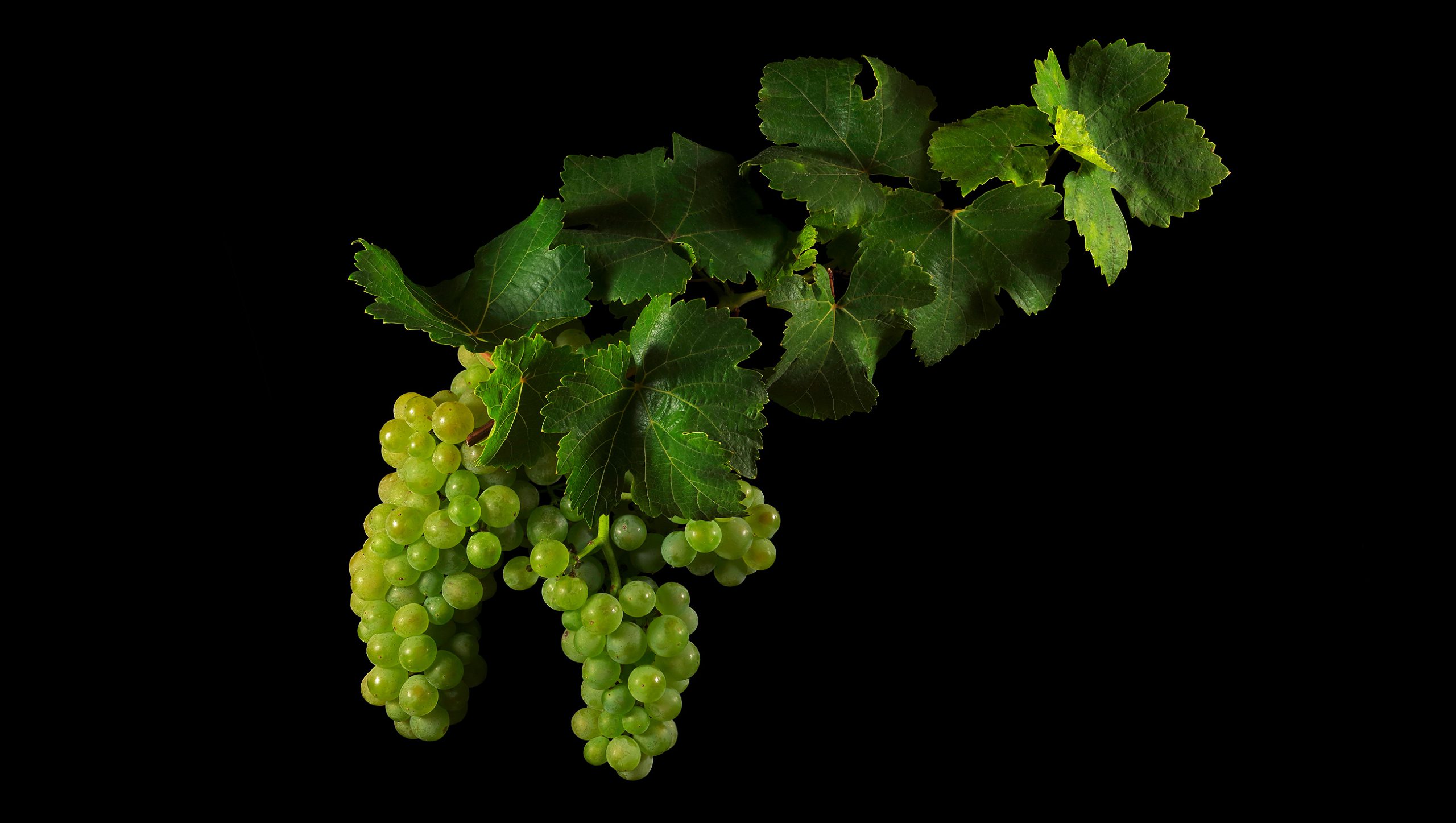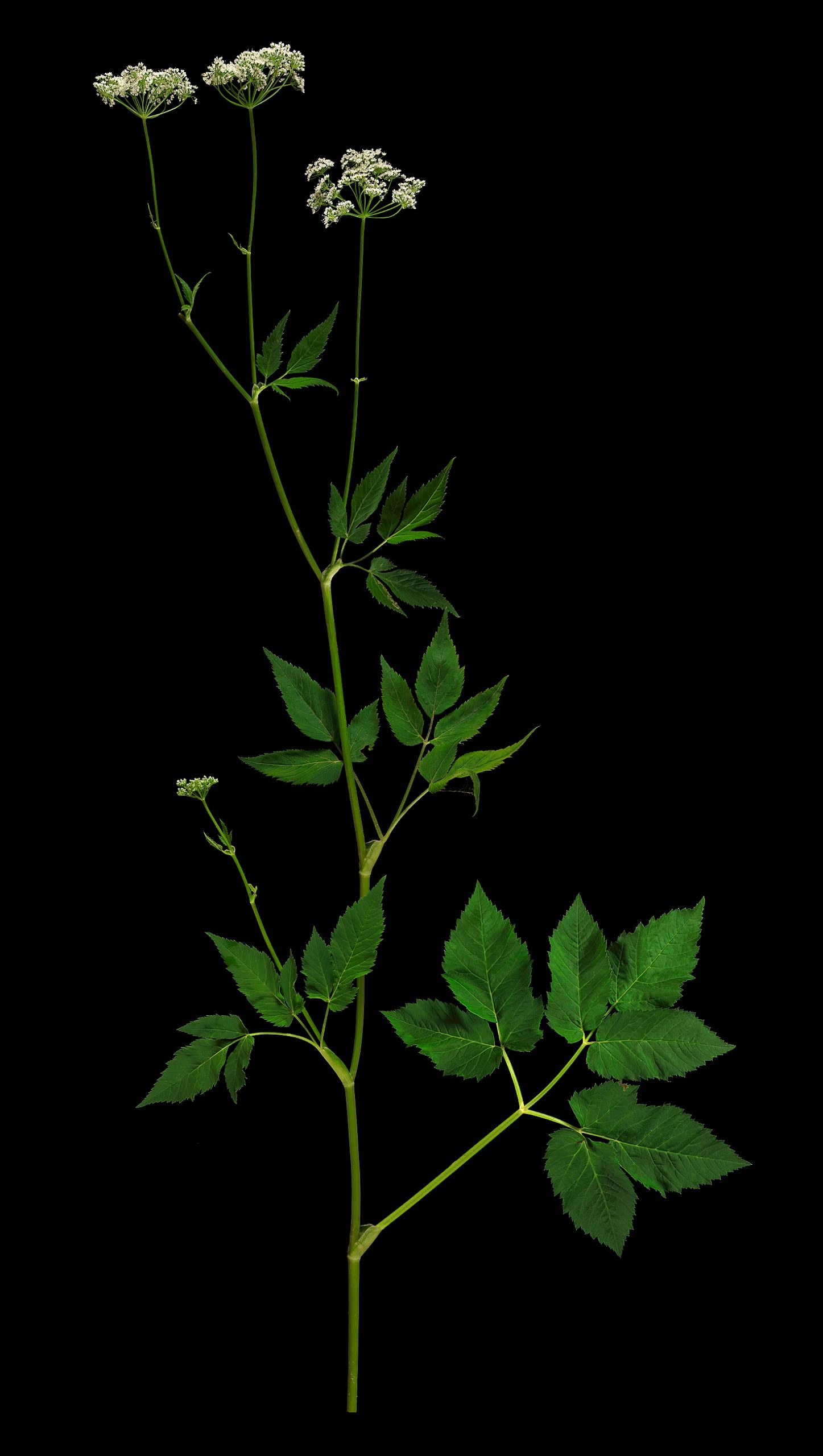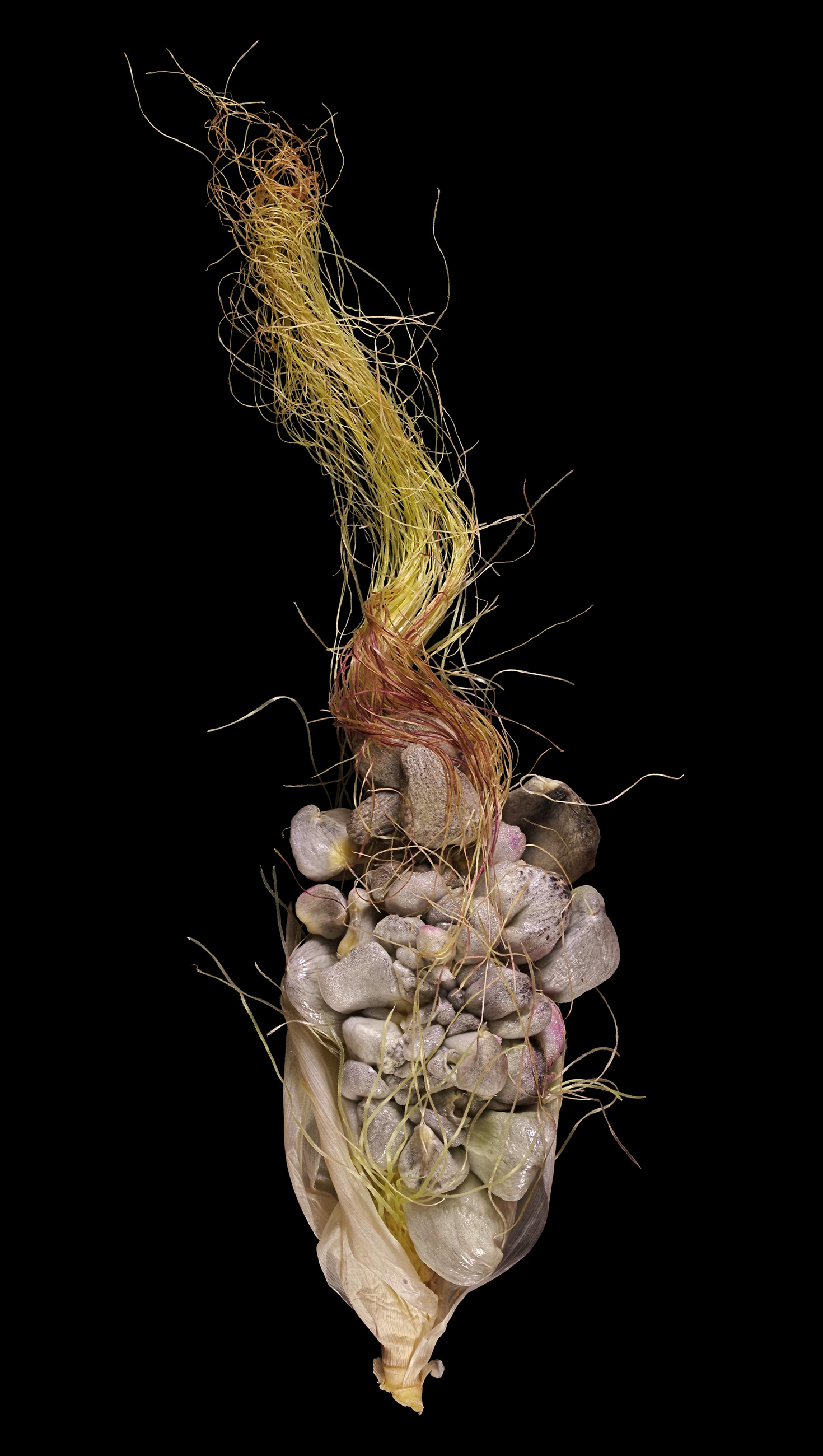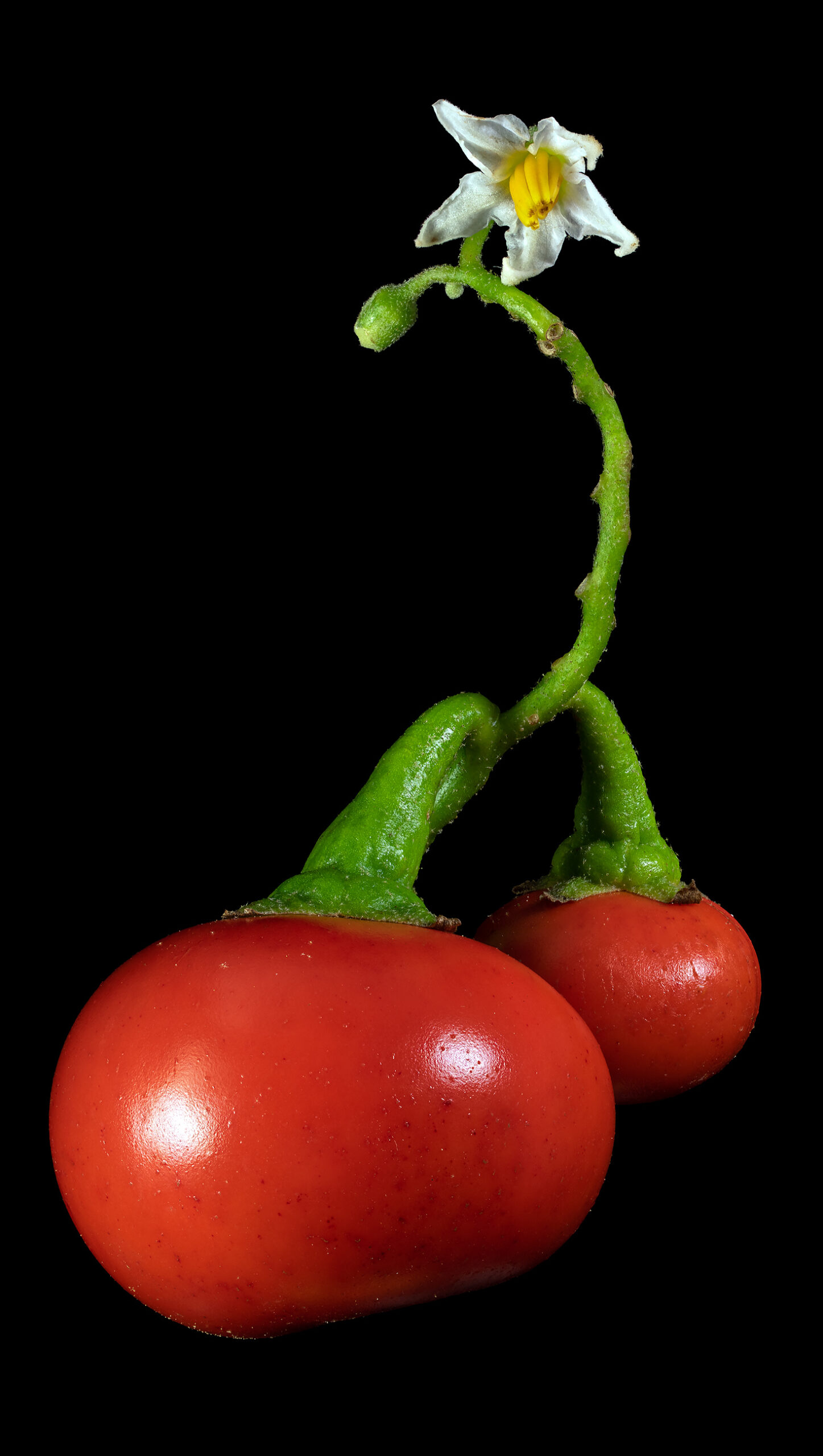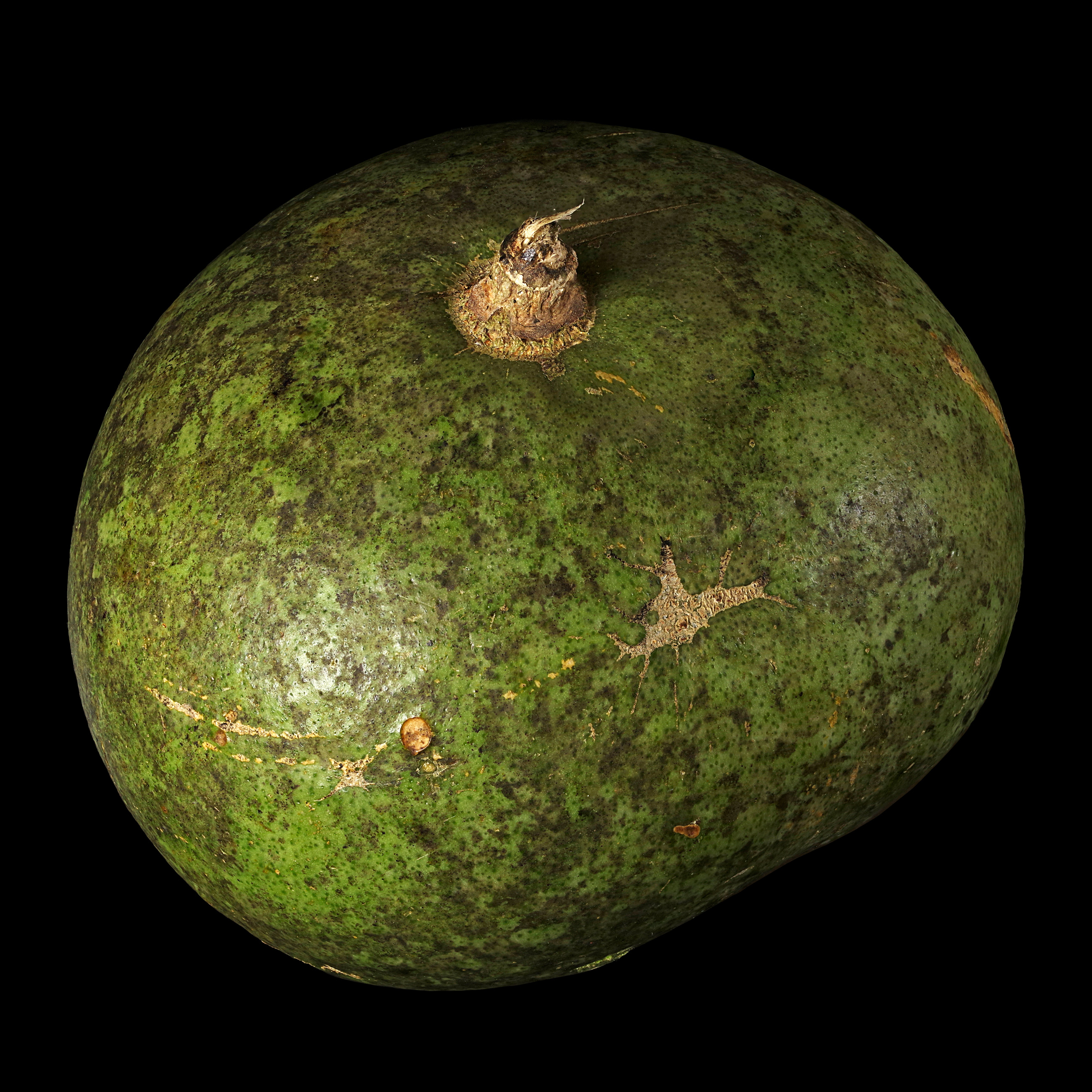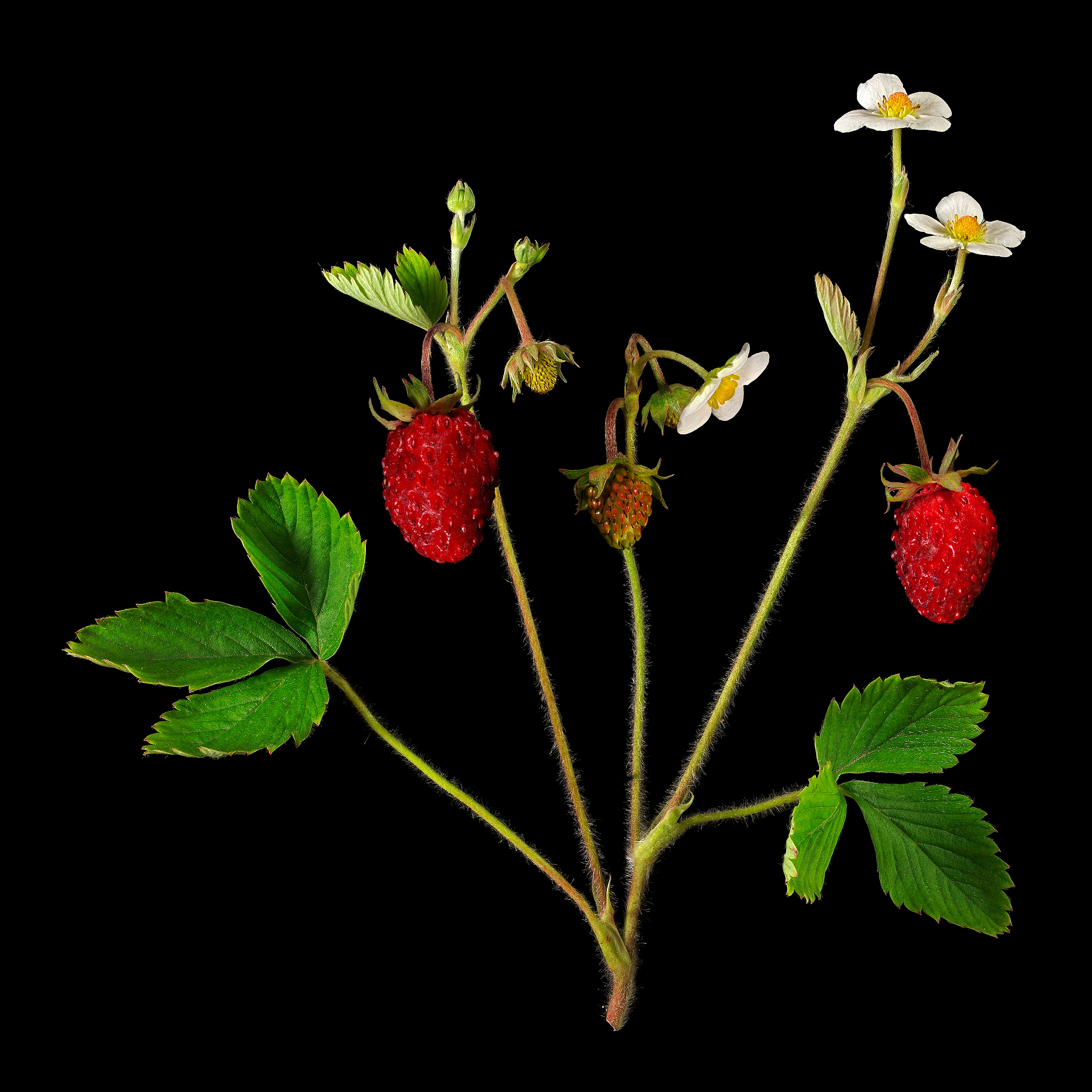Search Results for 2018
The fruits are small, not particularly juicy and decompose easily, which is why they have not become established as a fruit plant.
During the ripening process, the initially yellow fruit is covered more and more with reddish-brown spots until the whole skin is brown.
Only the green, knitting needle-like leaves are used. These can be eaten raw or blanched and fried. The leaves remain crisp and taste slightly salty and very aromatic.
The bulbils are only about 5 mm in size and the onion is edible (stems and leaves are too tough) and taste like chives, often the taste is described similar to garlic and can replace it.
Blauwschokker peas are mainly used as dry peas, less often fresh, although they taste sweet as long as they are harvested young and tender and are eaten immediately.
The grains are edible raw and cooked: crushed into porridge or ground into flour from which bread can finally be baked.
This wild vegetable, which tastes like a mixture of celery, carrot green and parsley, is particularly popular as an ingredient for green smoothies. The tender leaves also refine salads or stews and spinach.
In Tibet, the roots are supposed to be eaten comparatively frequently as a nourishing root vegetable. They can be processed fresh or dried for later use. The leaves can be chopped (because they are very fibrous) and added as wild herbs in salads or steamed in oil.
The soft, juicy pulp tastes aromatic of fir, it is tart and resinous, yet very sweet.
The ripe seeds of the okra or okro can be roasted and nibbled or used as a coffee substitute.
Java apples are usually eaten raw as dessert fruit, but sometimes they also find their way into spicy dishes.
Rosehips can be used to make fruit tea and Hagebuttenmark. Dried and ground, they even replace flour and can be mixed with it.
This strange bitter orange variety stands out for its furrowed skin, but is consumable like most other bitter orange varieties.
Ripe fruits of Beale’s barberry are edible raw or cooked and a jam can be prepared. Dried berries give muesli a fruity note.
The fresh flowers are often used in different countries as aromatic inflorescence vegetables or for jam.
The flower buds or flower bottoms of the burdock are edible like the artichoke. The young leaves are edible as wild vegetables.
The deep purple, black-looking flowers, however, taste very sweet due to the rich nectar they contain, so that they can be nibbled or used well in tea and on desserts.
The small kiwi berries are in their anatomy miniature editions of the common kiwifruit (A. deliciosa) and also have the typical aroma of the large fruits.
The leaves of the black locust contain toxins, which is why they should only be eaten properly cooked!
Young leaves and stems are edible as vegetables, the small flower buds can be prepared like artichokes.
Kumquats are eaten as a whole. They are sweet and tangy and very aromatic.
The list of preparation options for eating chestnuts is long…
The whole herb, including the deep purple flowers, can be eaten raw as a salad or cooked as leaf vegetables.
Although the seeds of the hairy love grass produced in panicles are only about 0,5-0.8 mm in size, they are used as cereals.
From the ripe seeds of the horseradish tree, which is also called ben oil tree, the sweet-tasting ben oil is obtained, which does not turn rancid.
Pomegranate juice is obtained from these fruits, which is then processed into pomegranate wine and grenadine.
The fruits will probably only turn beautiful red when exposed to sufficient cold, otherwise they can remain yellow and look like ordinary lemons.
A typical attribute of the bright golden yellow tomato variety ‘Indian Moon’ is the fine blush of the very ripe fruits up to red “cheeks”.
Green santolina is at home in Mediterranean cuisine. It can be used fresh in salads or marinades for seasoning and develops a slightly resinous aroma.
The long, immature capsule fruits of the horseradish tree are called “drumsticks” where they are used as fruit vegetables.
The deep red colour of the Red Velvet Okras gets lost during cooking, the fruits turn as green as ordinary okra pods when heated.
The strawberries-like red fruits are edible, but taste dull and watery.
The berries are compact, the fruits are green when ripe and have a high sugar content.
The milk thistle is extremely thorny, but culinarily it is like a small artichoke: The base of the bud is edible.
In addition to the flower buds of milk thistle, which are comparable to artichokes in culinary way, the large, wavy leaves with numerous thorns are also edible.
The fruits of the scarlet fuchsia are edible, taste sweet and a little pungent.
The flower bases of the buds can be eaten like an artichoke, but those of the carline thistle are much smaller and hardly productive.
The lanceolate, small leaves with the silver hairs can be prepared as tea, which is said to be more delicious than the classic tea.
The soursop is very similar to the cherimoya which is related to it, but it is even more sensitive to pressure and therefore rarely found on the market.
Despite its bright red berries, Schonburger belongs to the white wines, its quality is compared with Traminer.
The berries of Cabernet Mitos not only have a deep blue, frosted skin, but their pulp is also rich in red pigments, which is not the case with most other grapes.
Pinot Gris is a variety of the common grape vine, which belongs to the white wines although the grape skin has a reddish to grey-violet colour.
Riesling wines are of high quality and easily assume the character of their growing region.
All parts of meadow clover are edible, and a flour made from the ground leaves tastes of vanilla.
Scheurebe produces excellent dessert wines. But an early harvest leads to extremely unpleasant aromas, which are supposed to remind one of sweat or cat urine.
Ground elder or goutweed is a widespread herb plant that can be found almost all year round and can be used as a wild vegetable not only in times of need.
The up to 4 cm large galls on the cobs are edible young (before the black spores form) and are considered a delicacy in Mexico.
The Green Nightshade or Poro Poro is called ” man-eater tomato” in German.
To open this fruit, I needed 2 large knives. A saw would have been better, but I didn’t have it at hand. When I spooned out the fruit, my spoon also broke.
The crushed leaves of oregano should not be missing on any pizza and give many other dishes of Italian cuisine an unmistakable aroma.
The fruits are sweet and have a very aromatic taste. They are best eaten raw.



